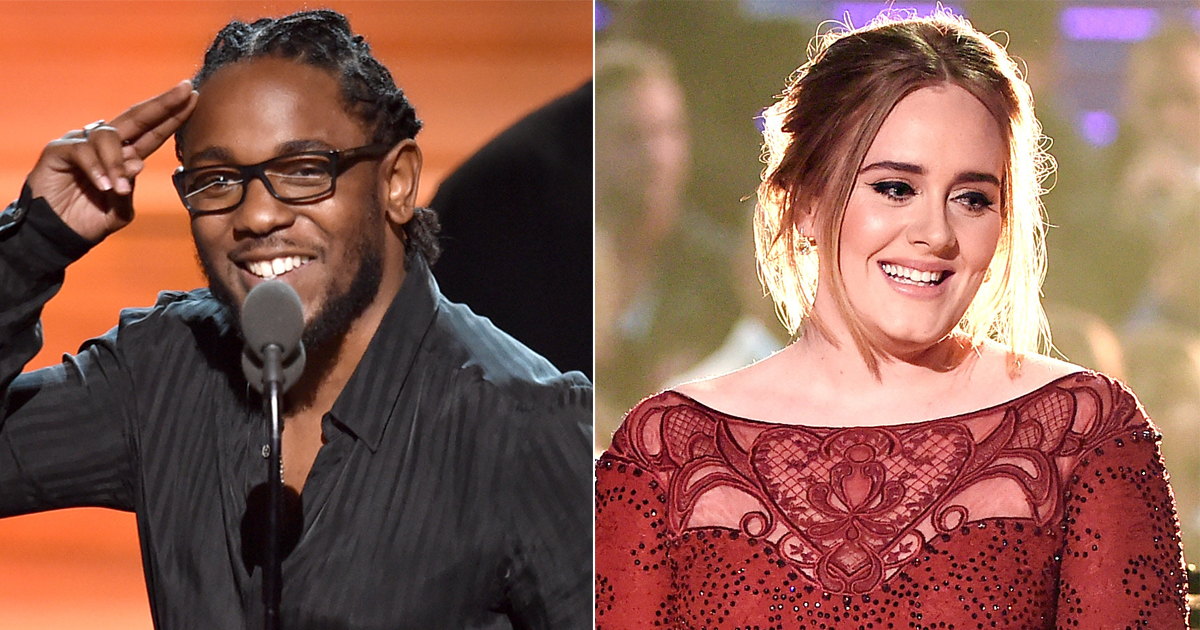
The 2016 Grammys were, even by the awards show’s own usual standard, an unusually dull affair, spreading out a very small number of awards between a vast wasteland of performances that only occasionally broke through into actual interest.
Those few performances that had the potential to be interesting—a tribute to a legend, or a modern-day icon’s return to the stage—seemed waylaid by bizarre, seemingly self-sabotaging production choices. It was a disappointing outing for an awards show that professes to be edgily au courant but whose every creative element seems sadly stuck in the past. Here are some of the moments that stuck out the most amid a deeply strange broadcast.
Grammys 2016: See Celebrities Hit the Red Carpet
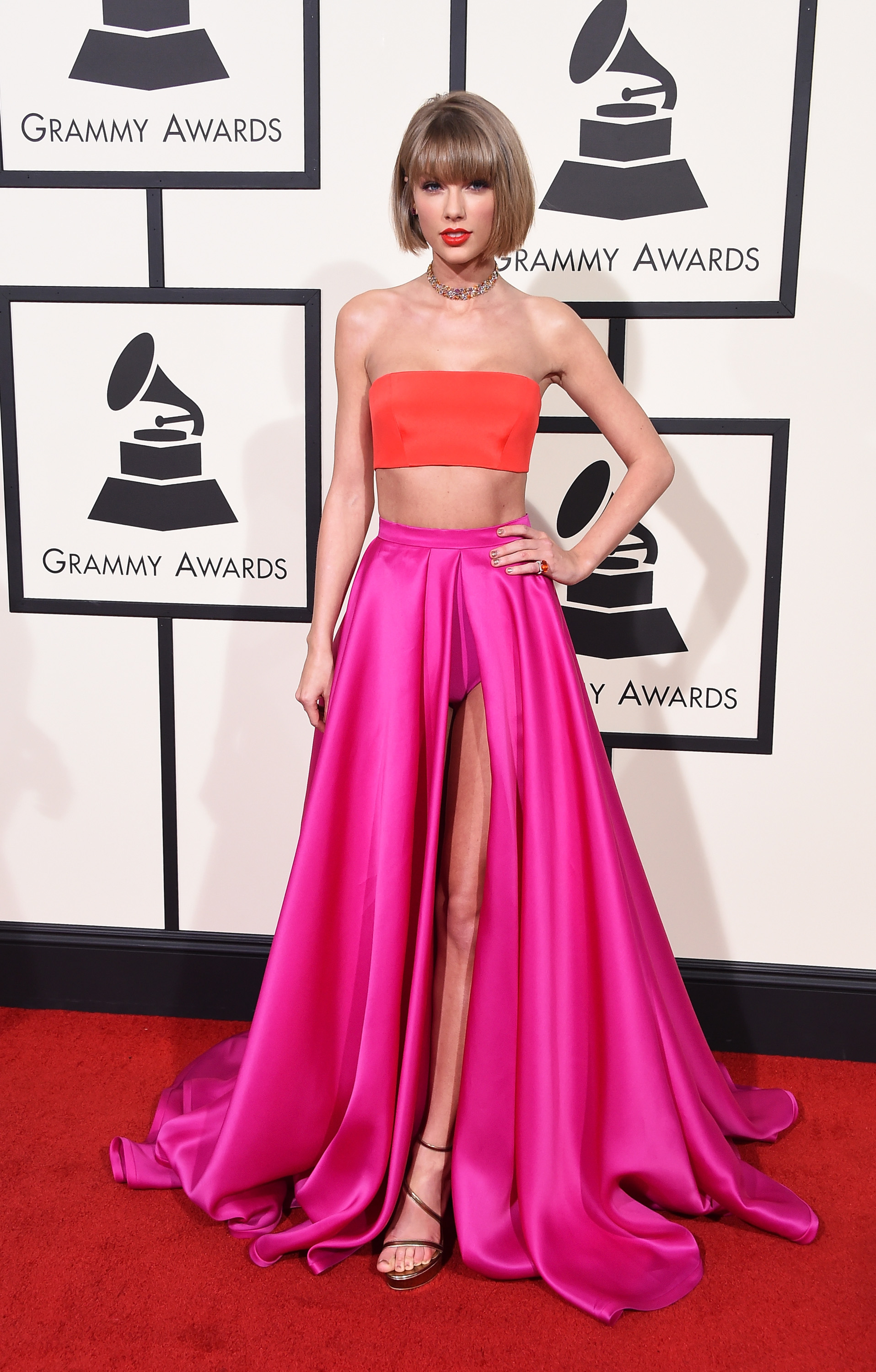
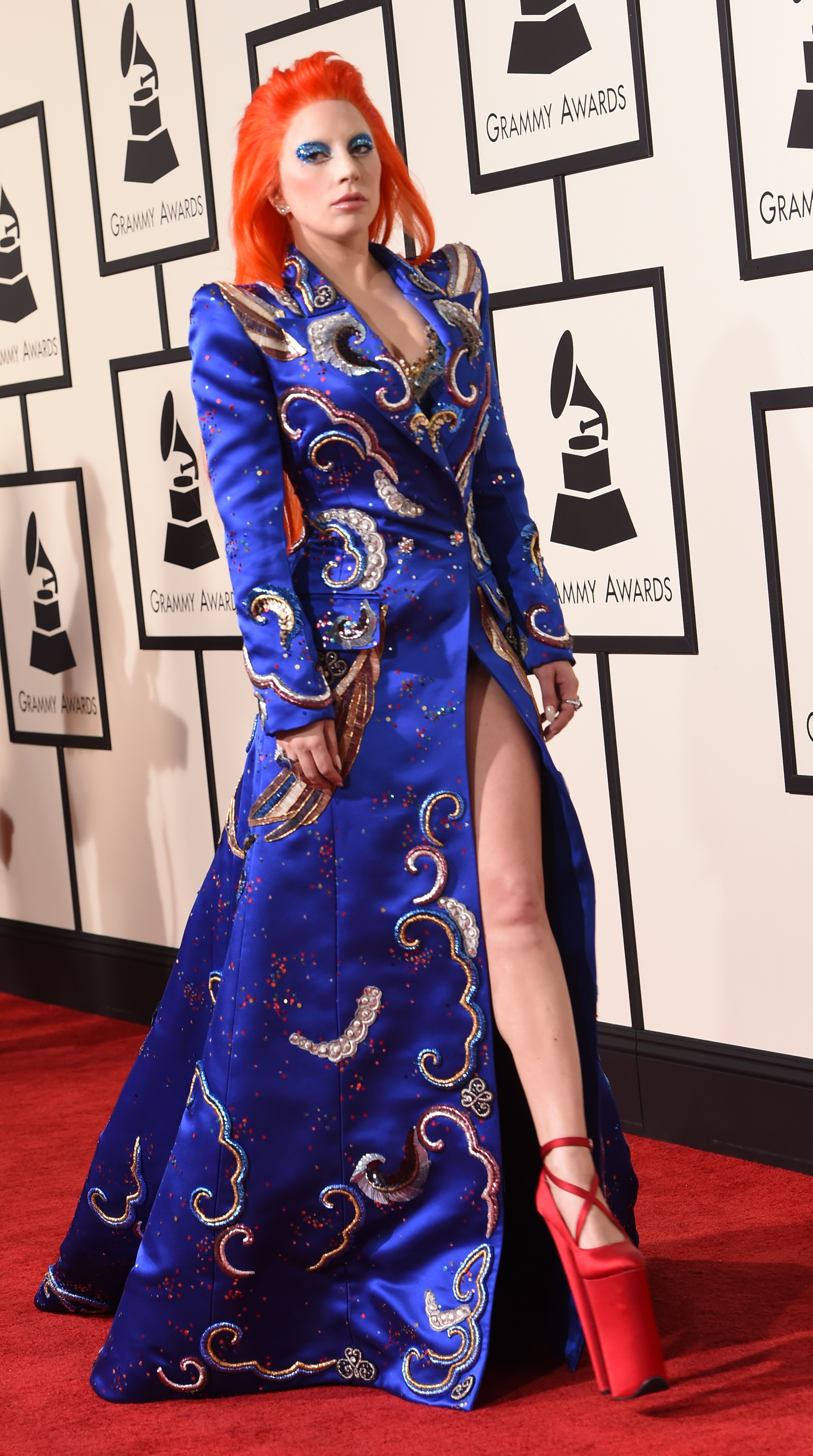
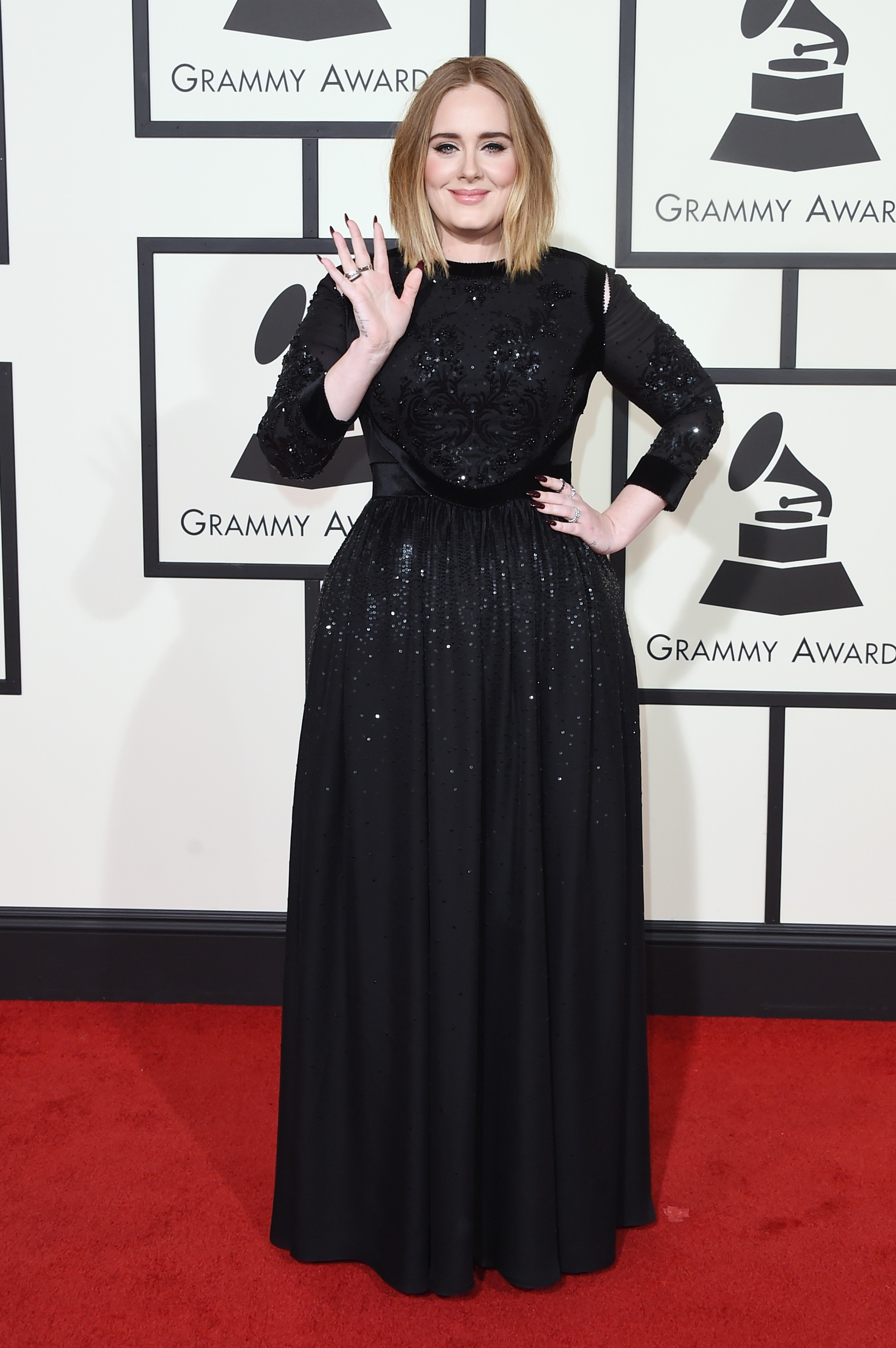
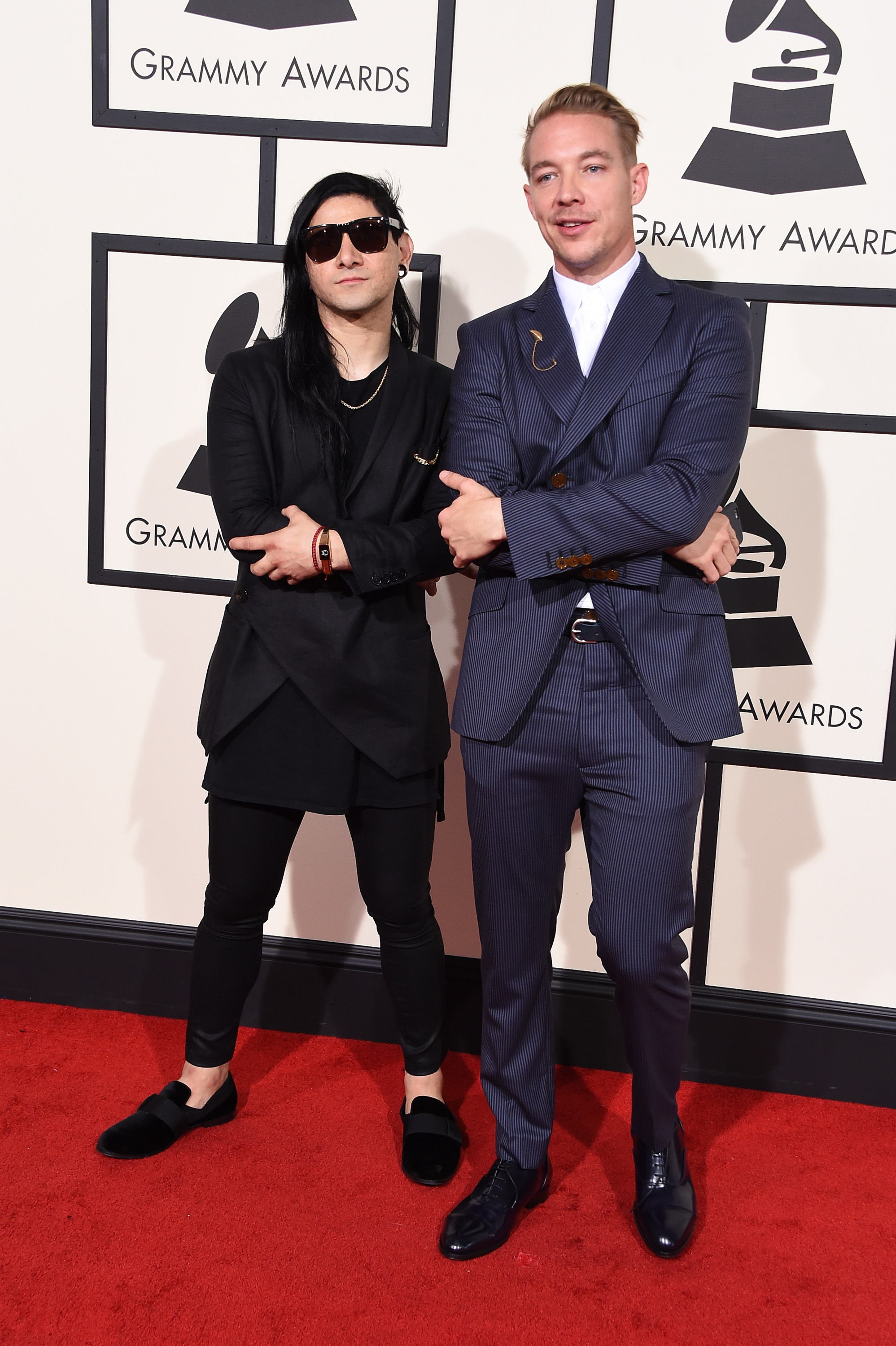
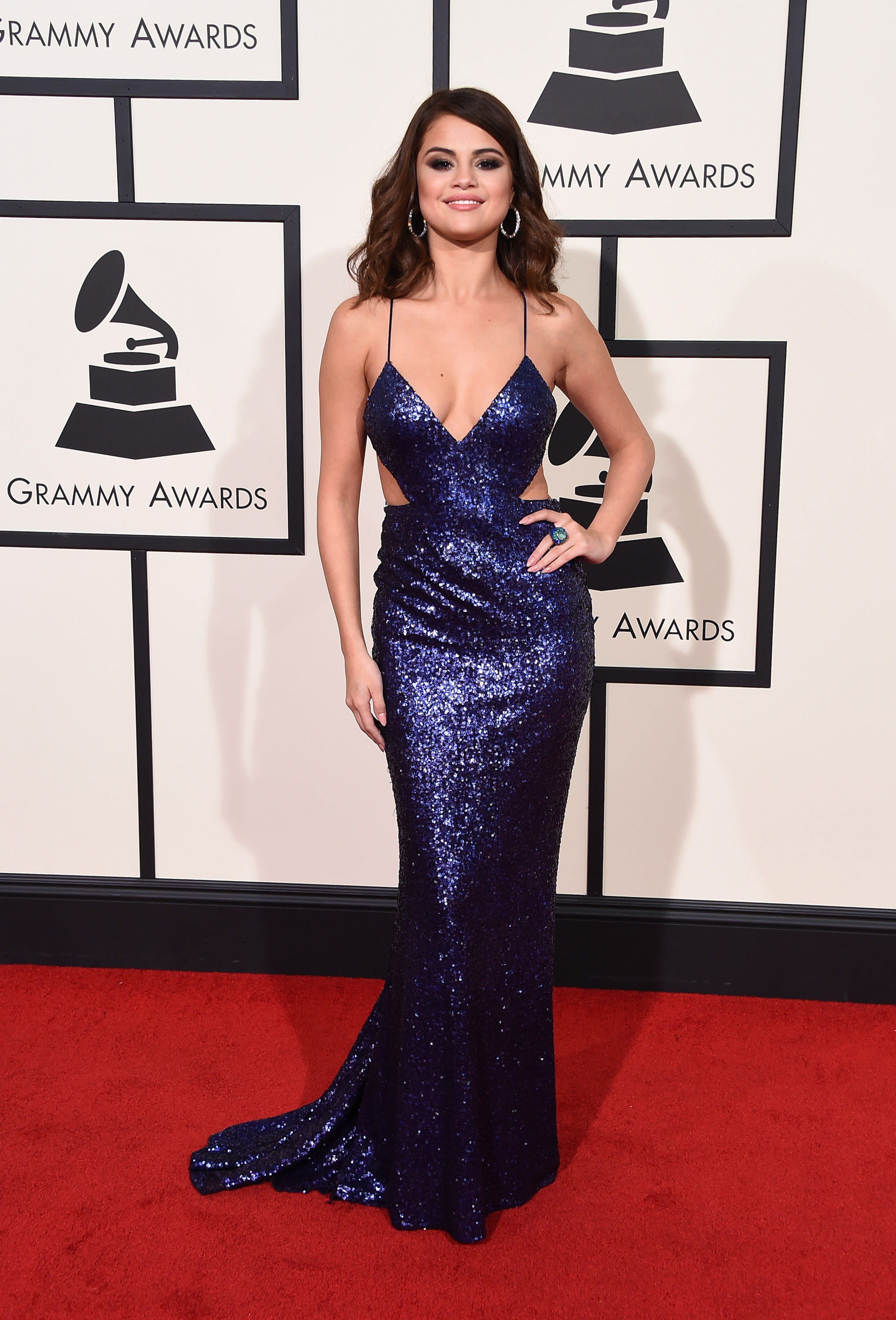
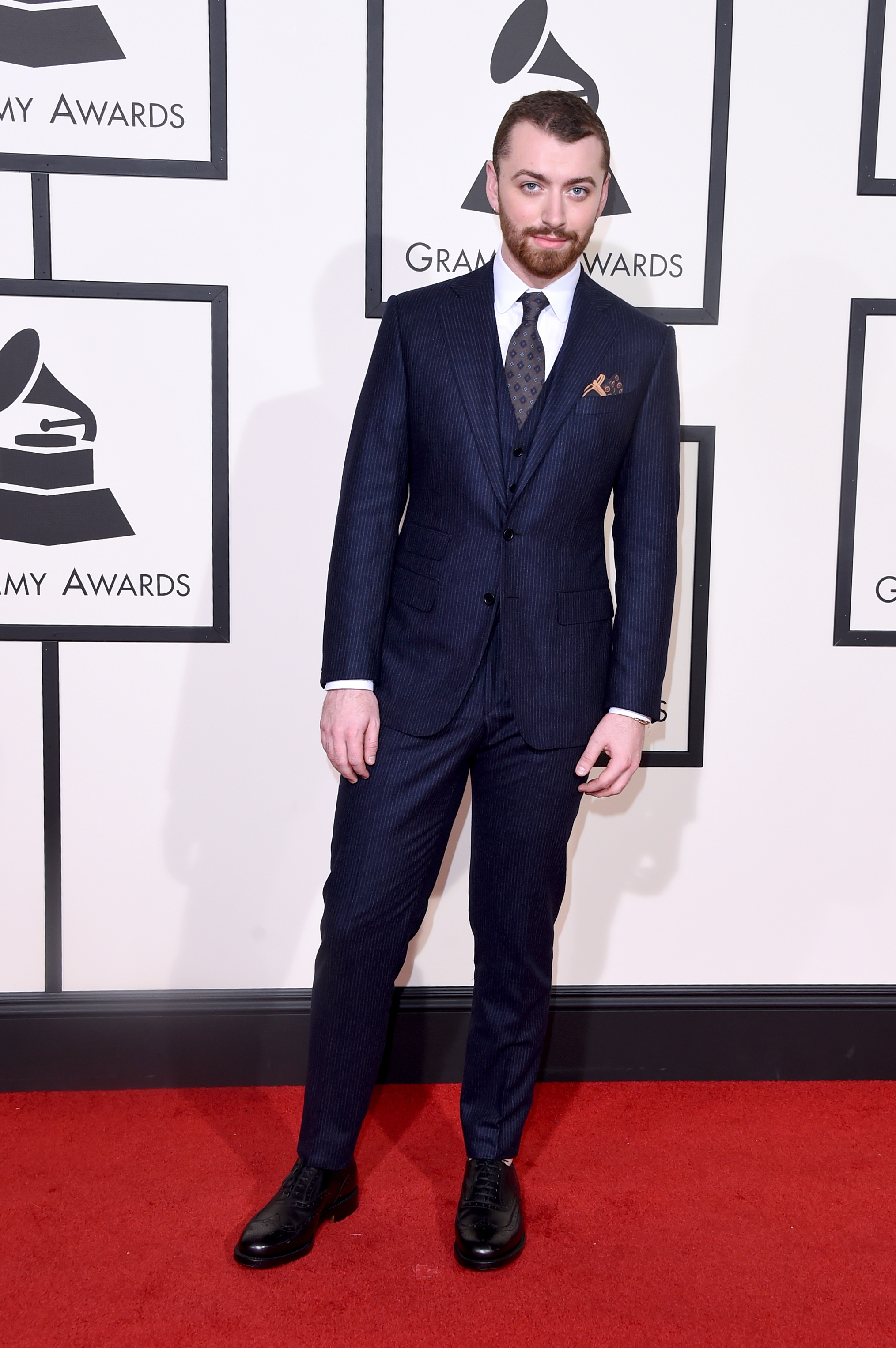
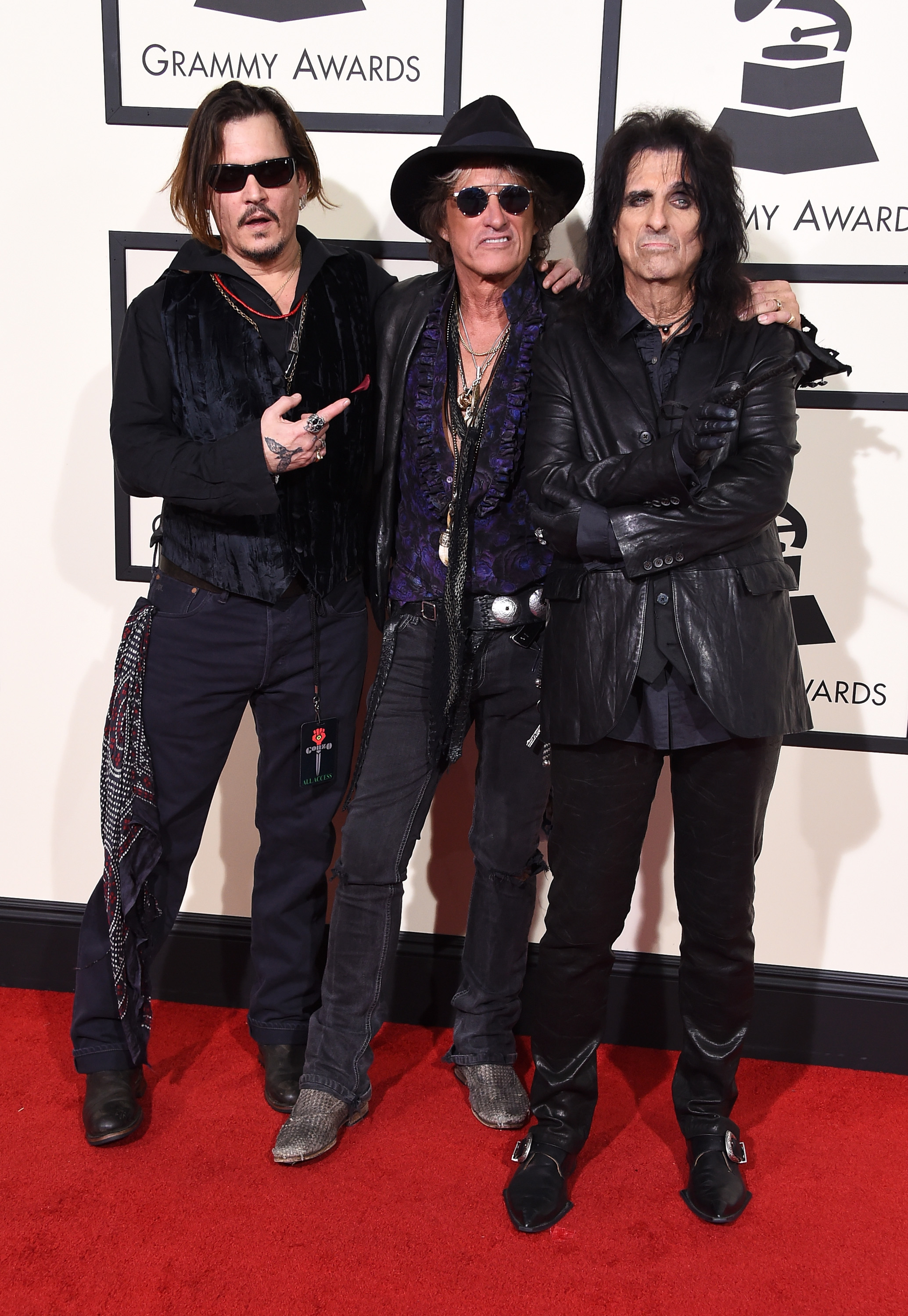
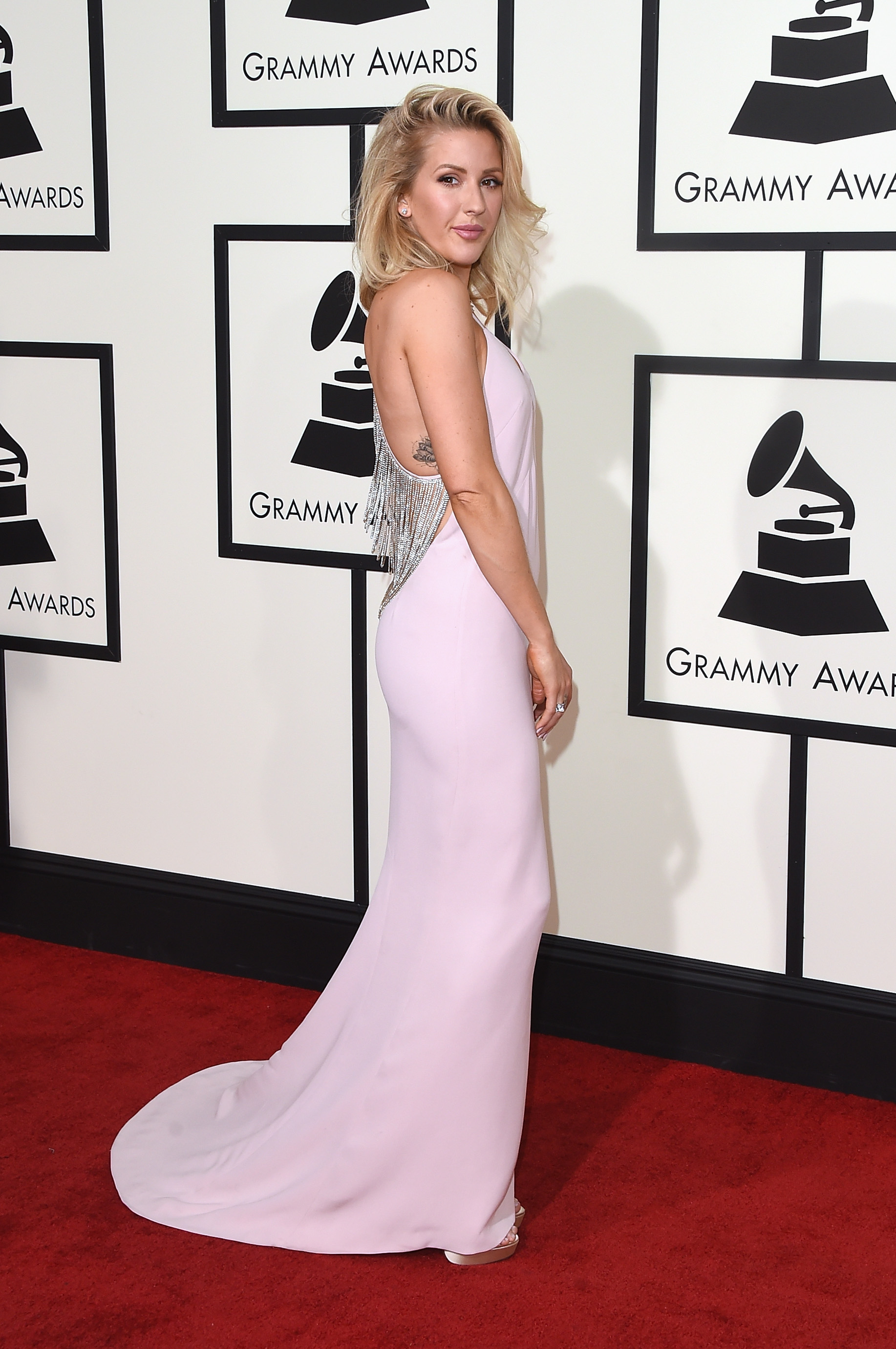
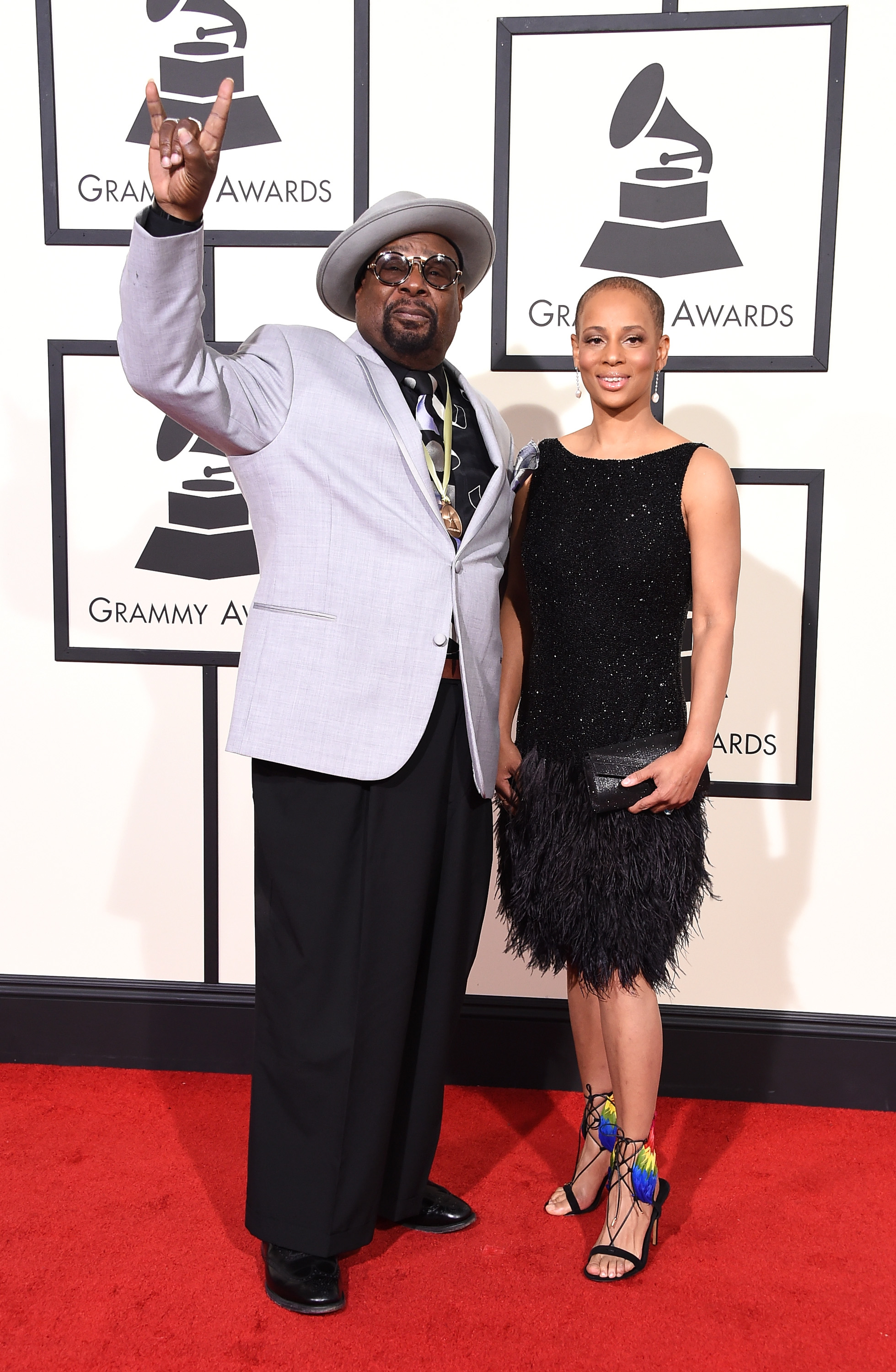
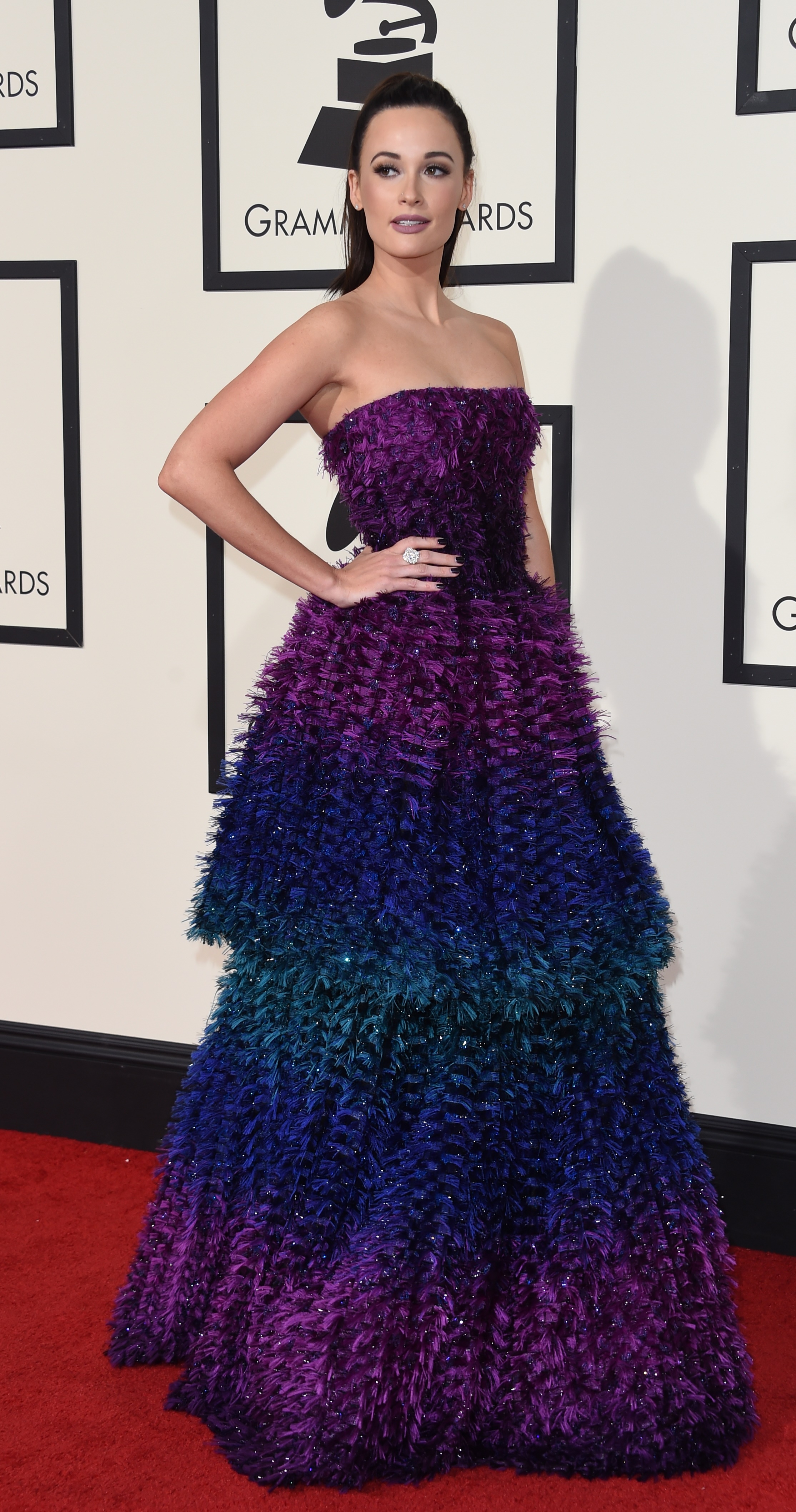
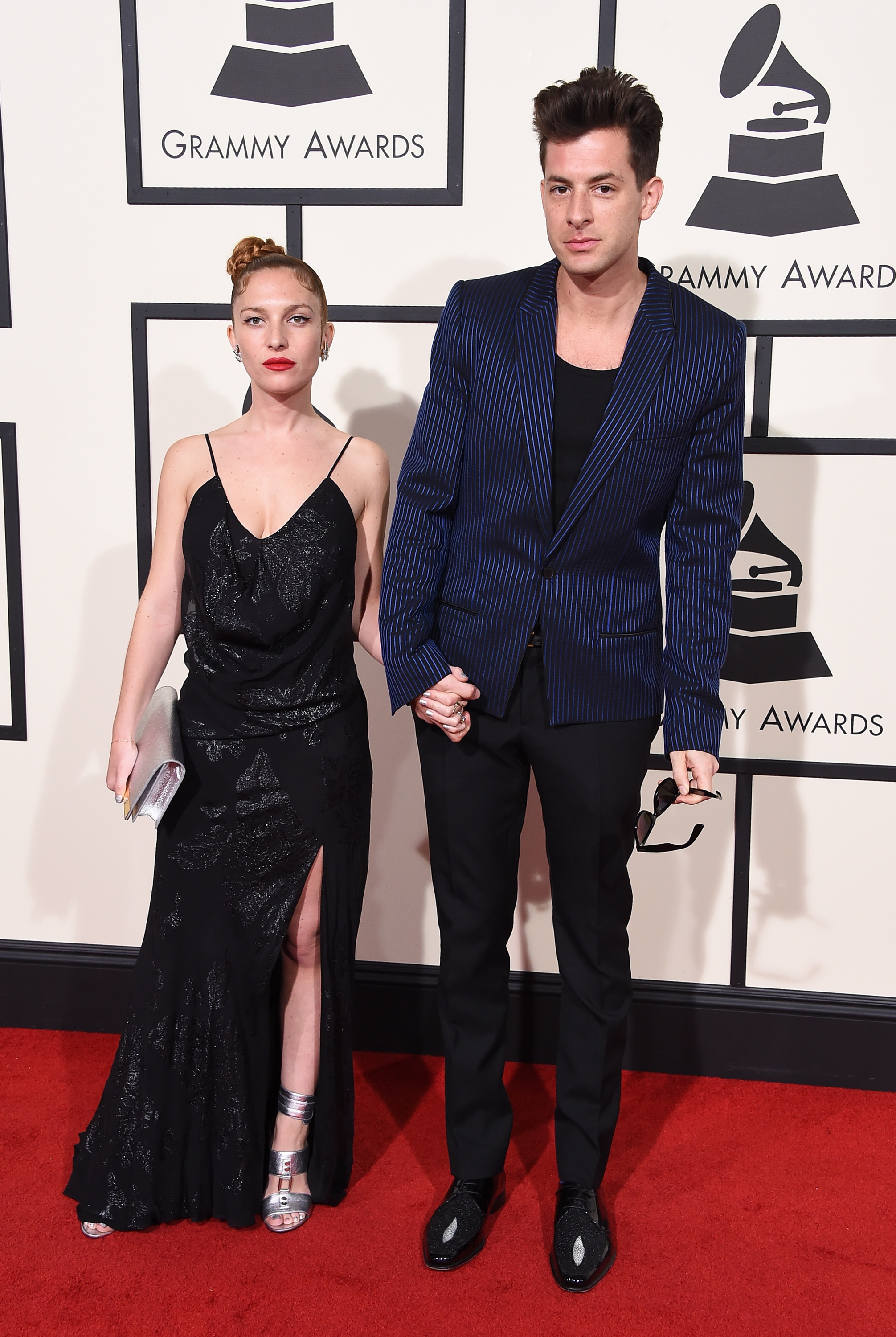
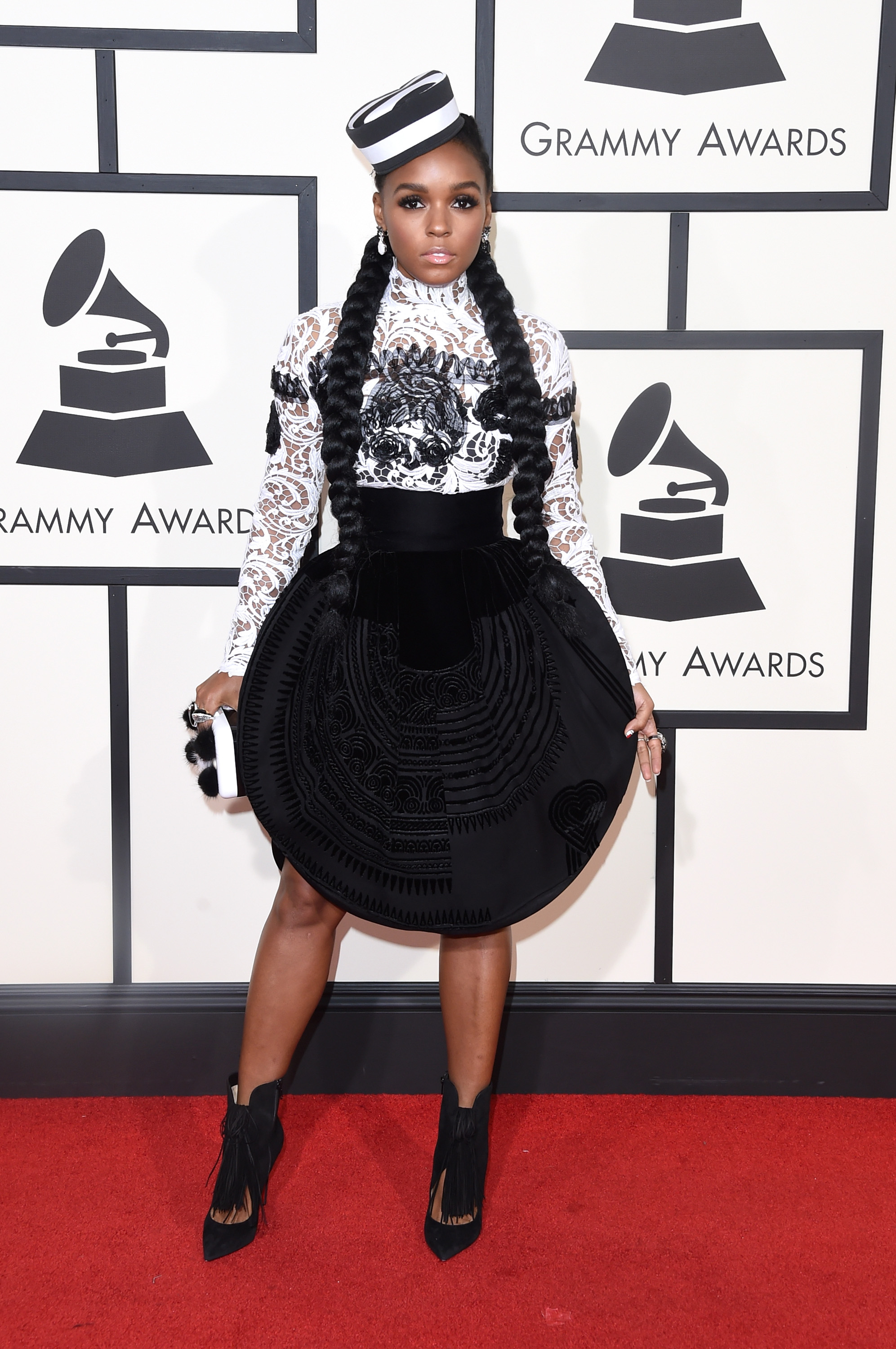
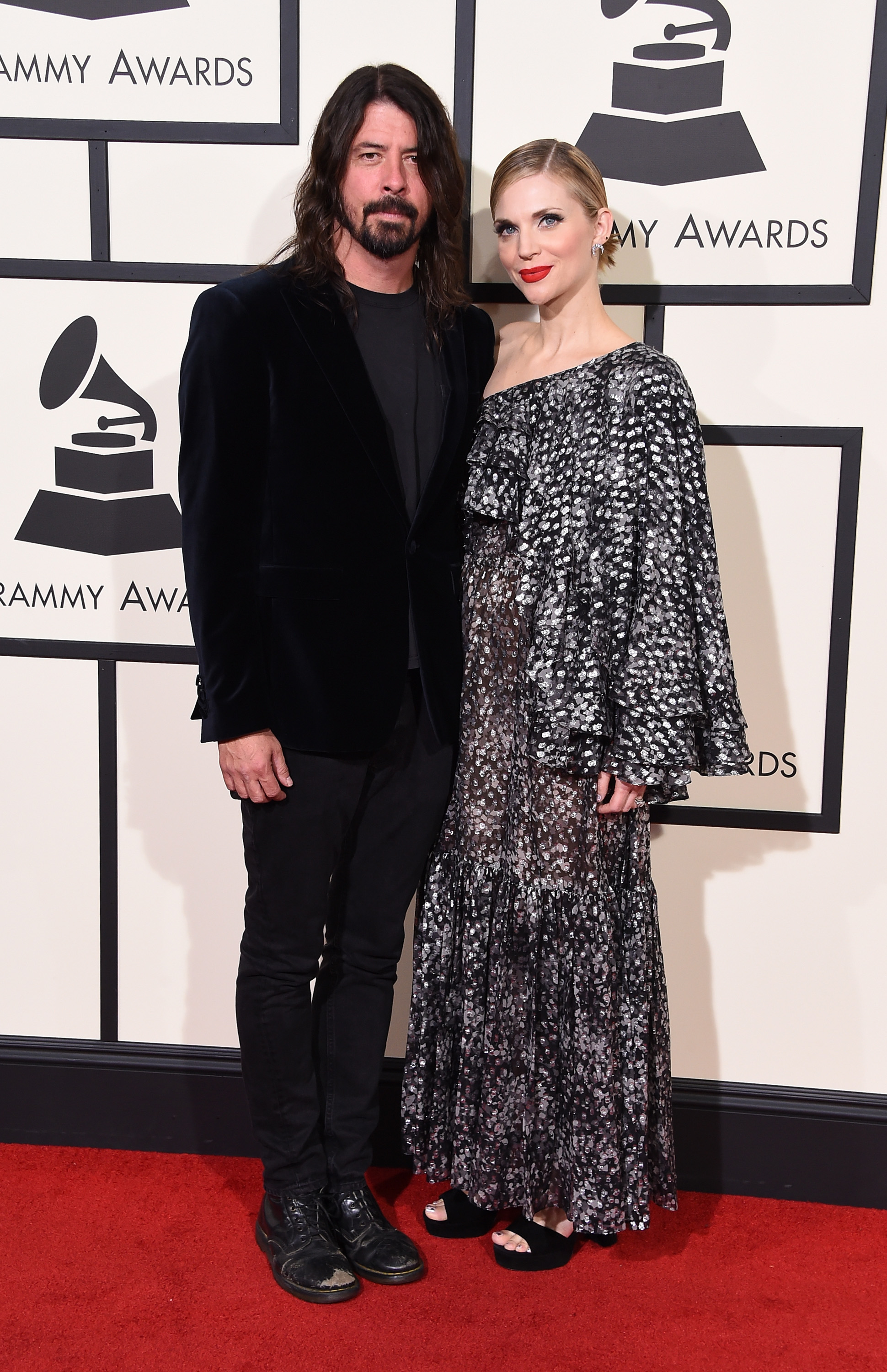
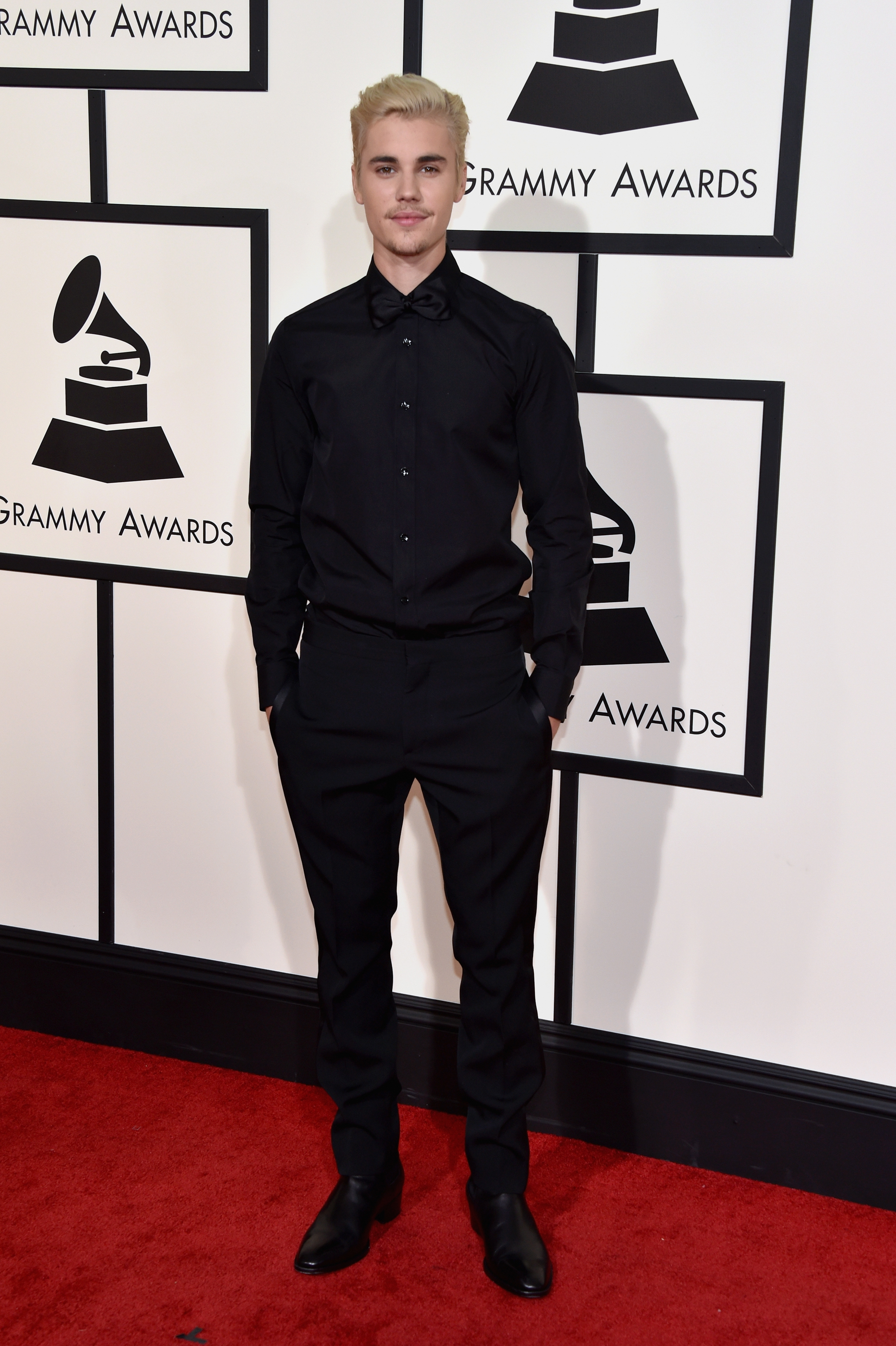
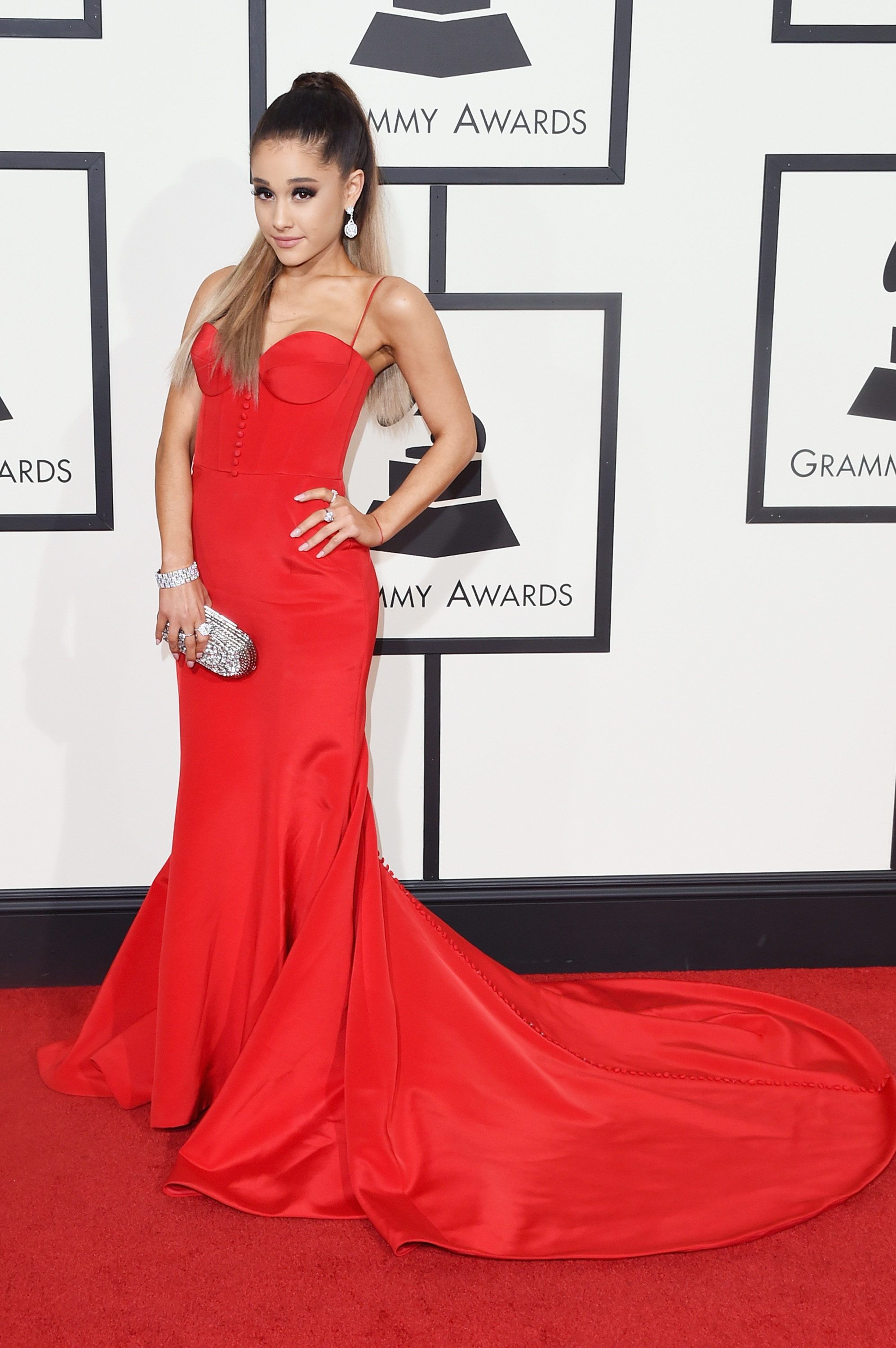
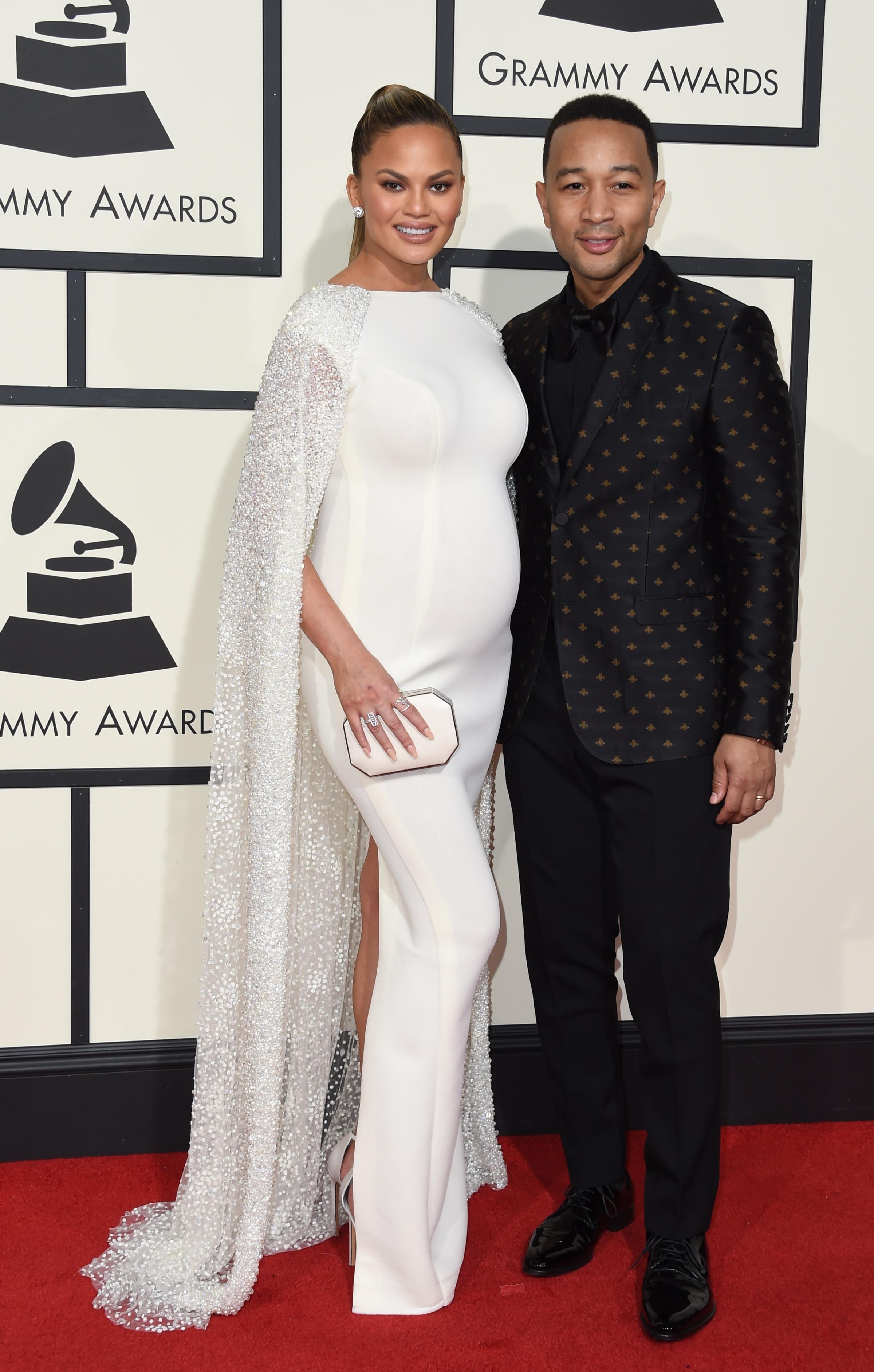
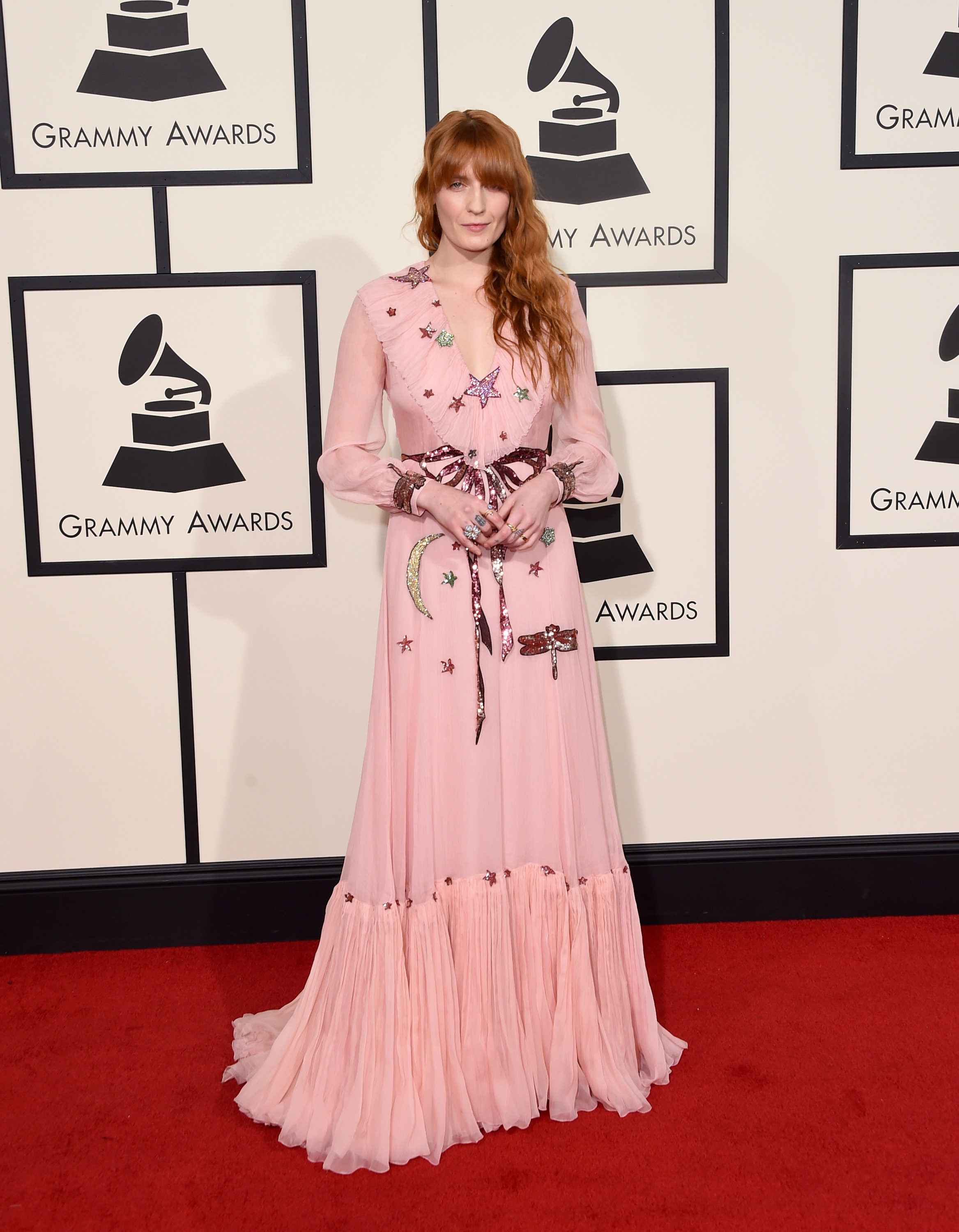
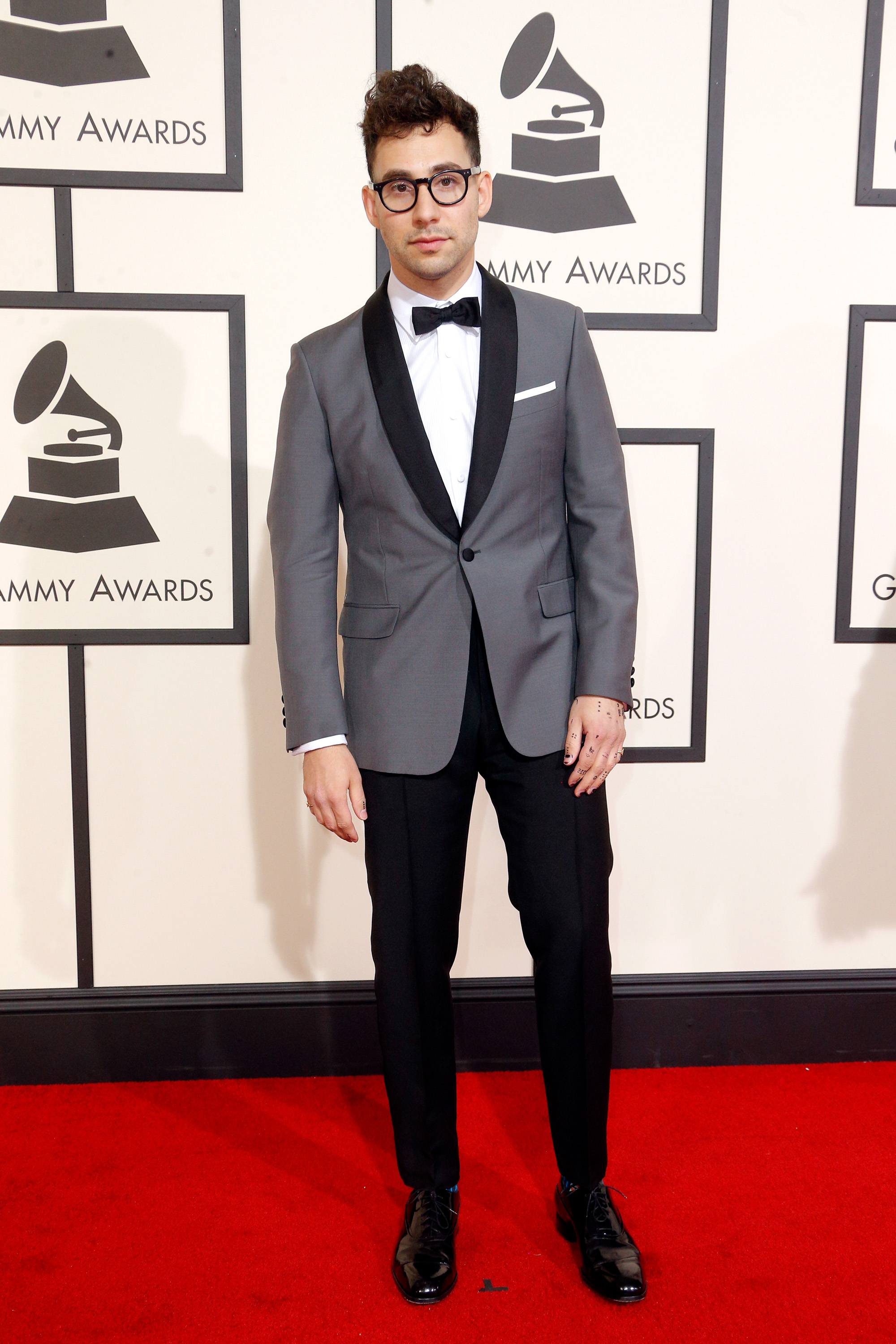
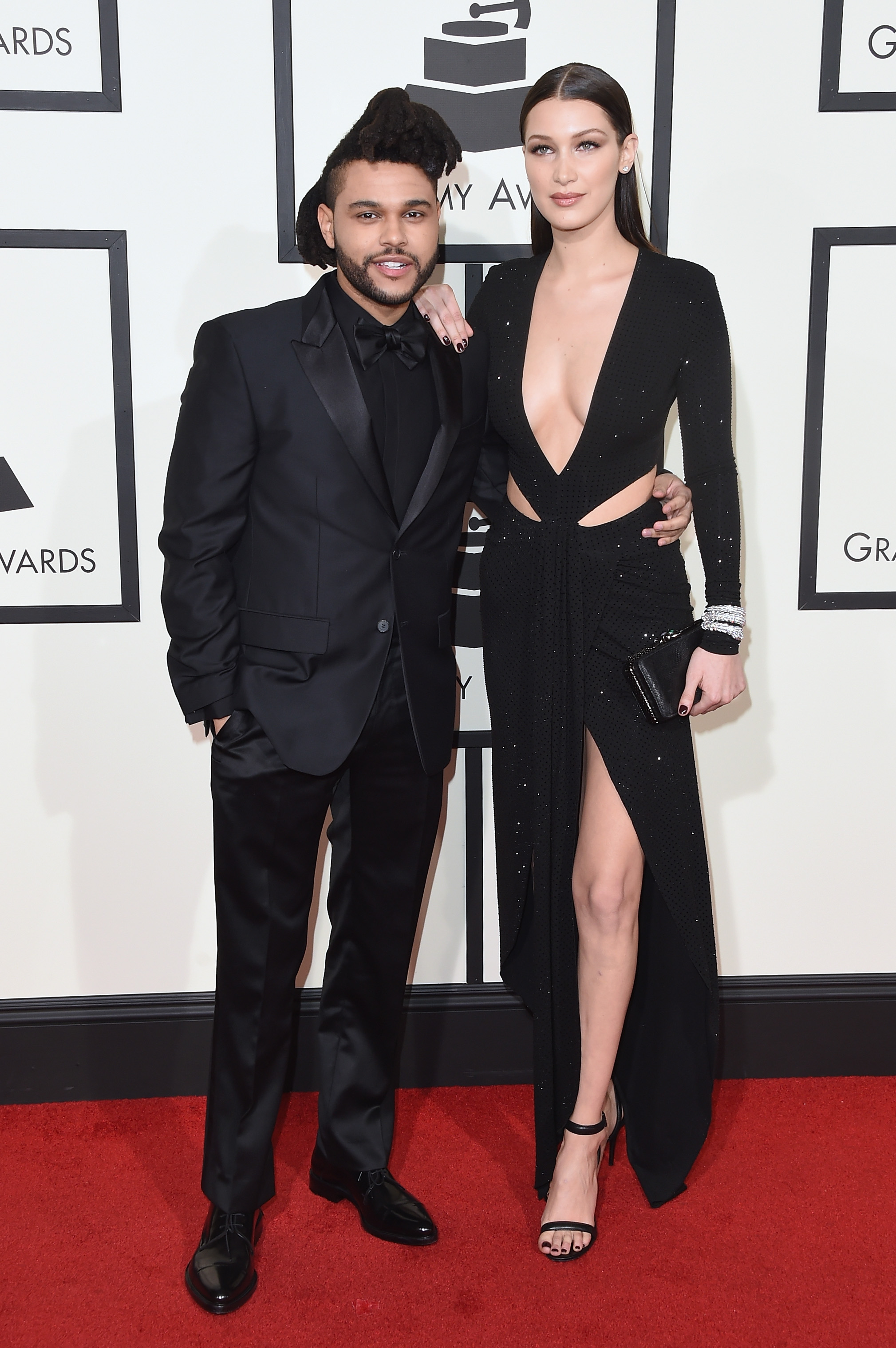
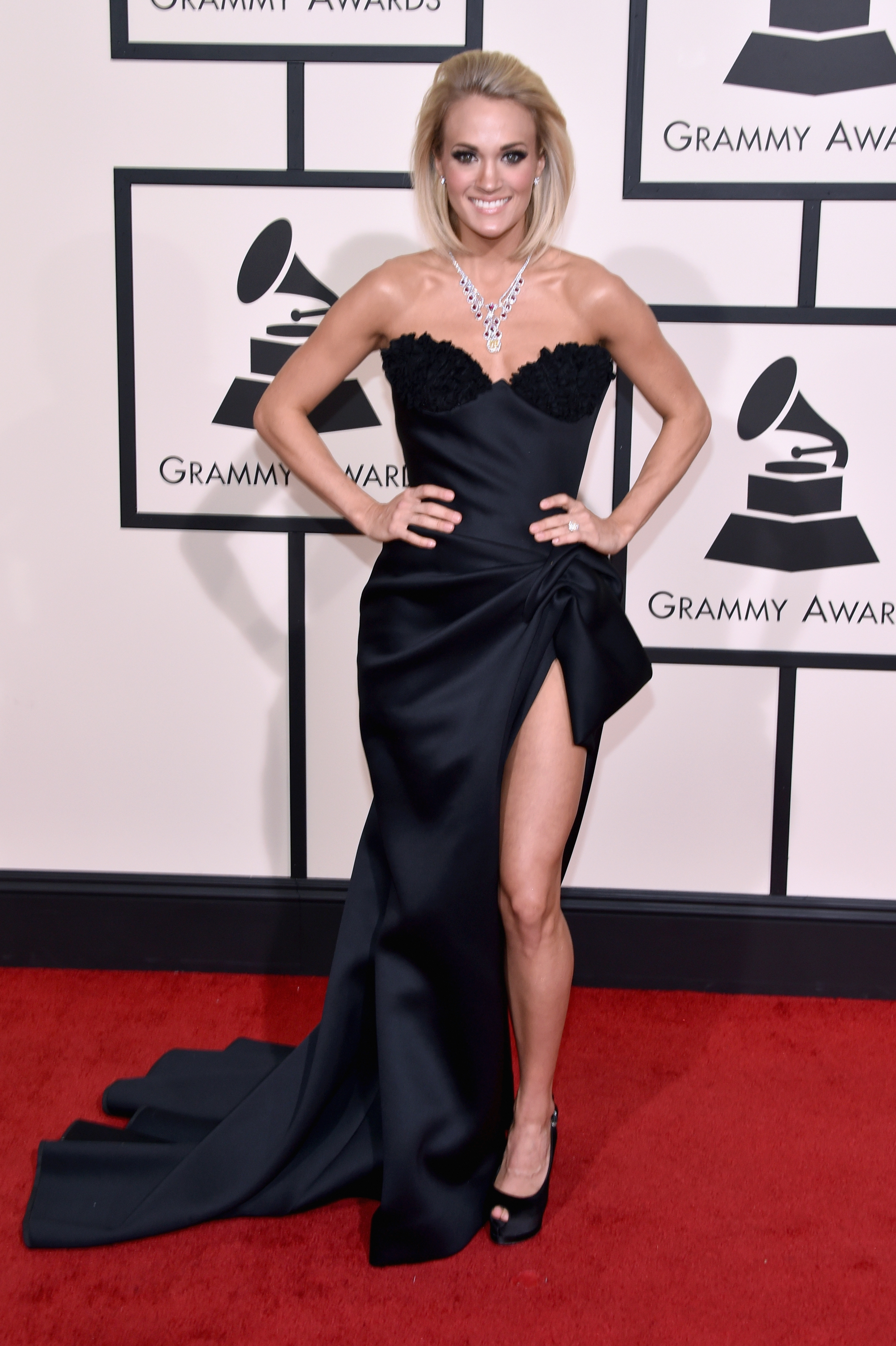
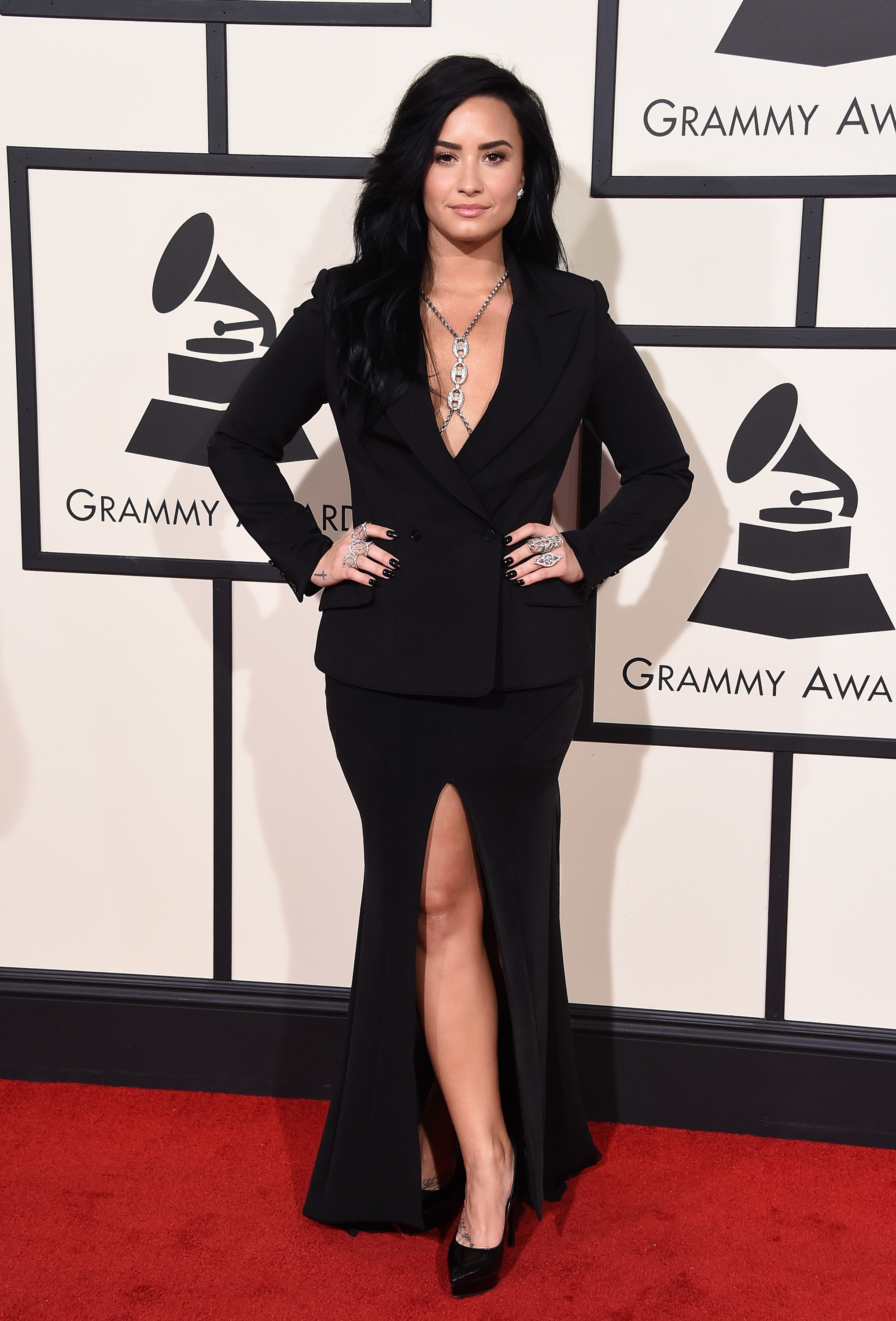
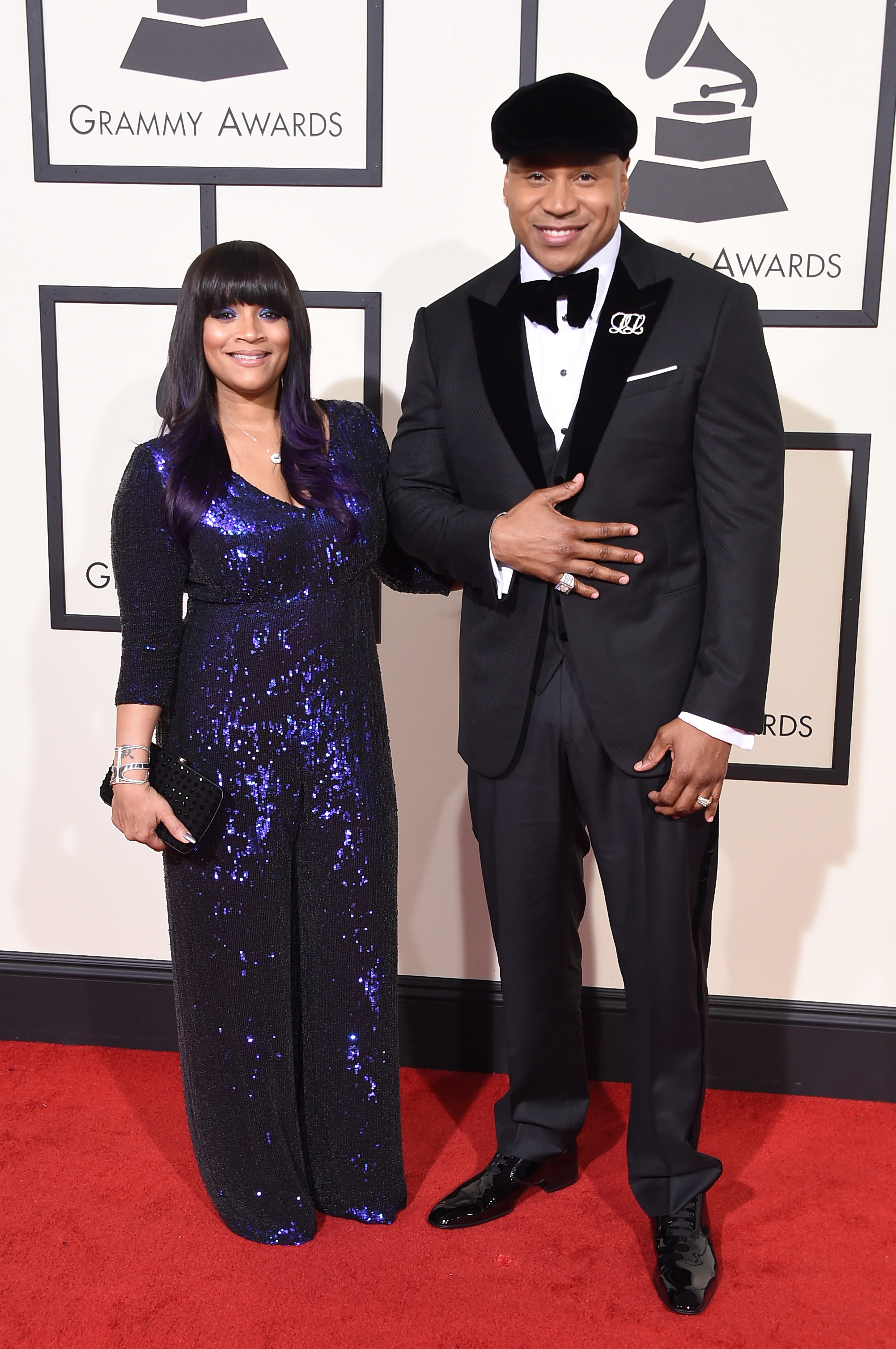
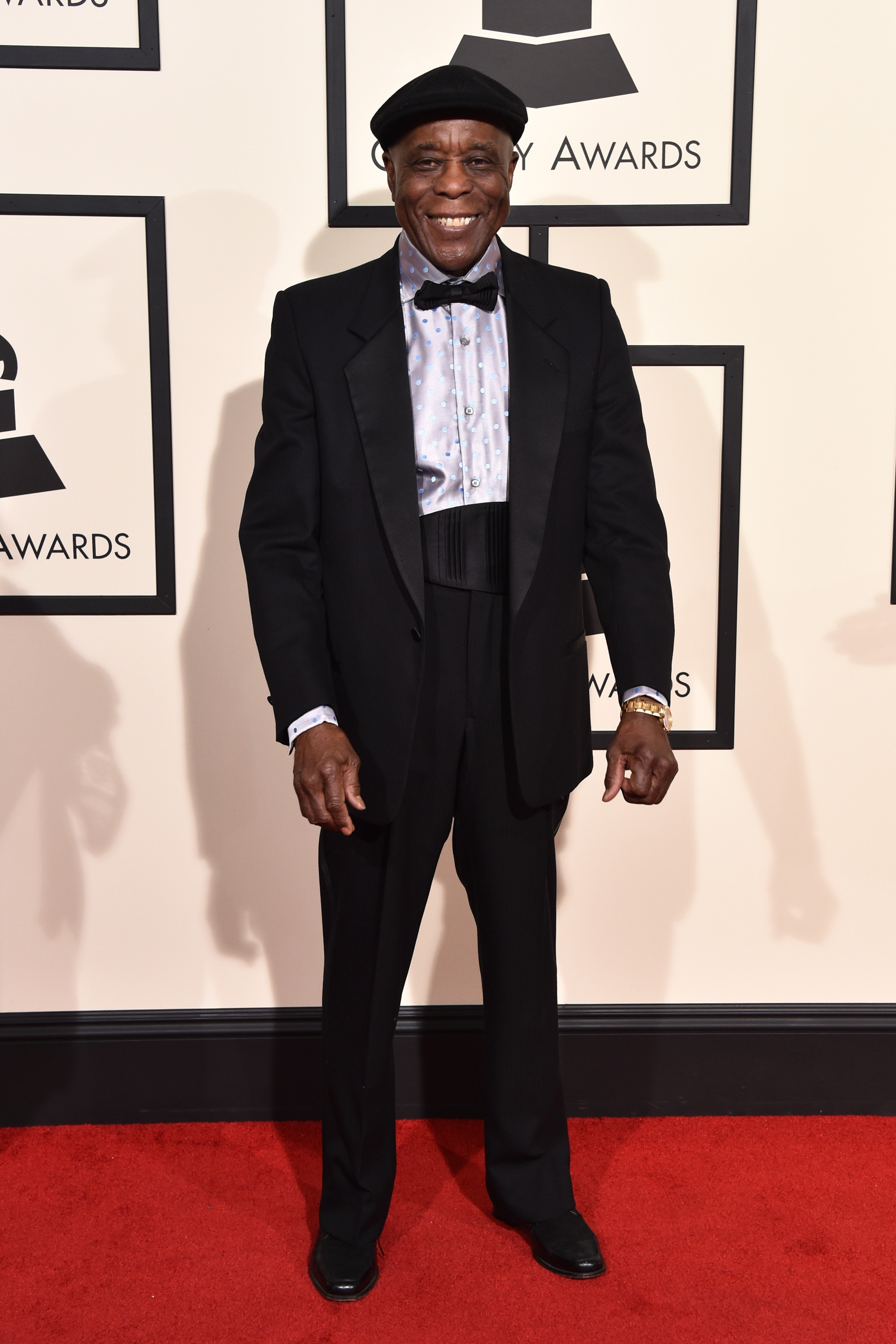
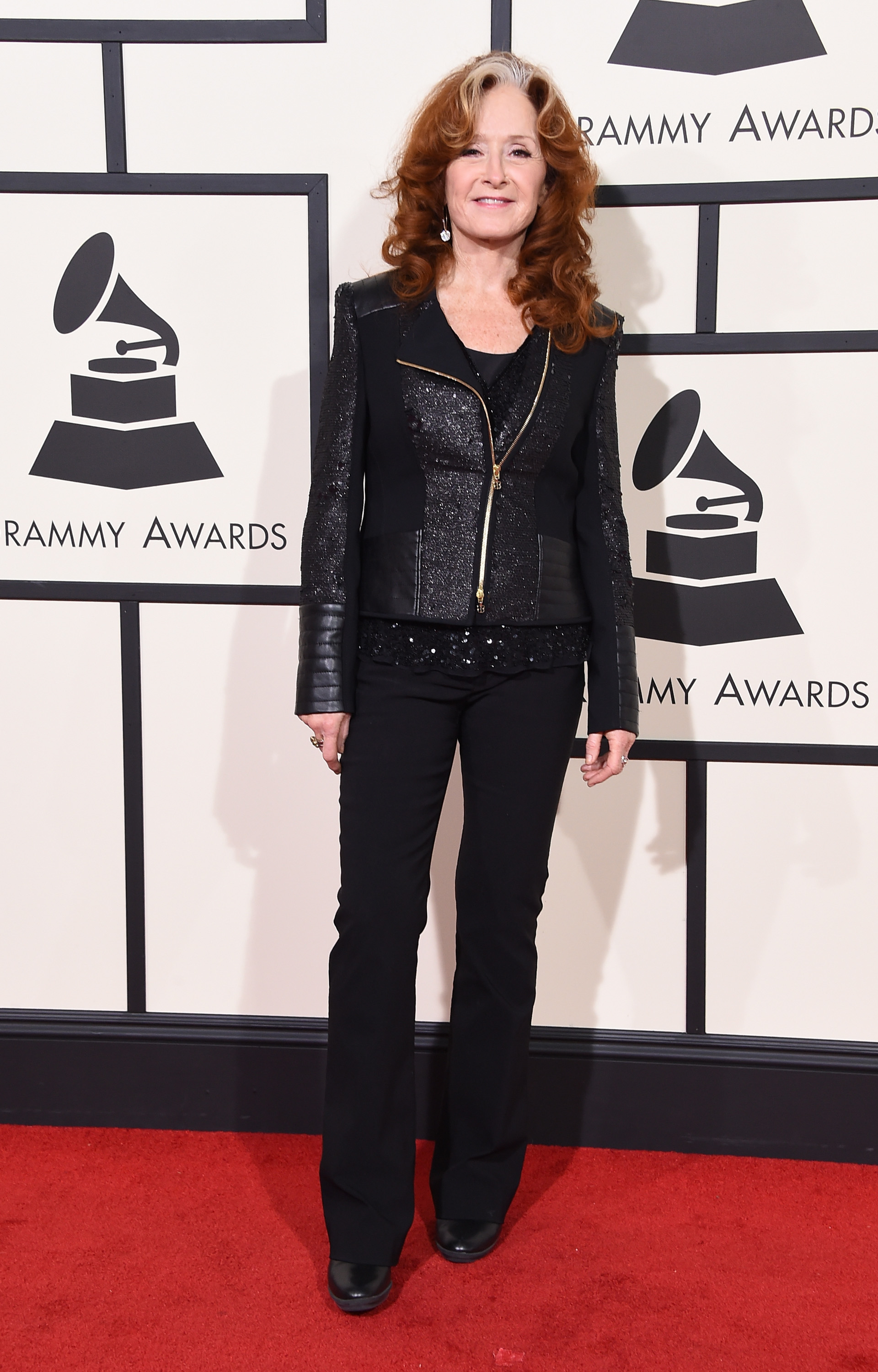
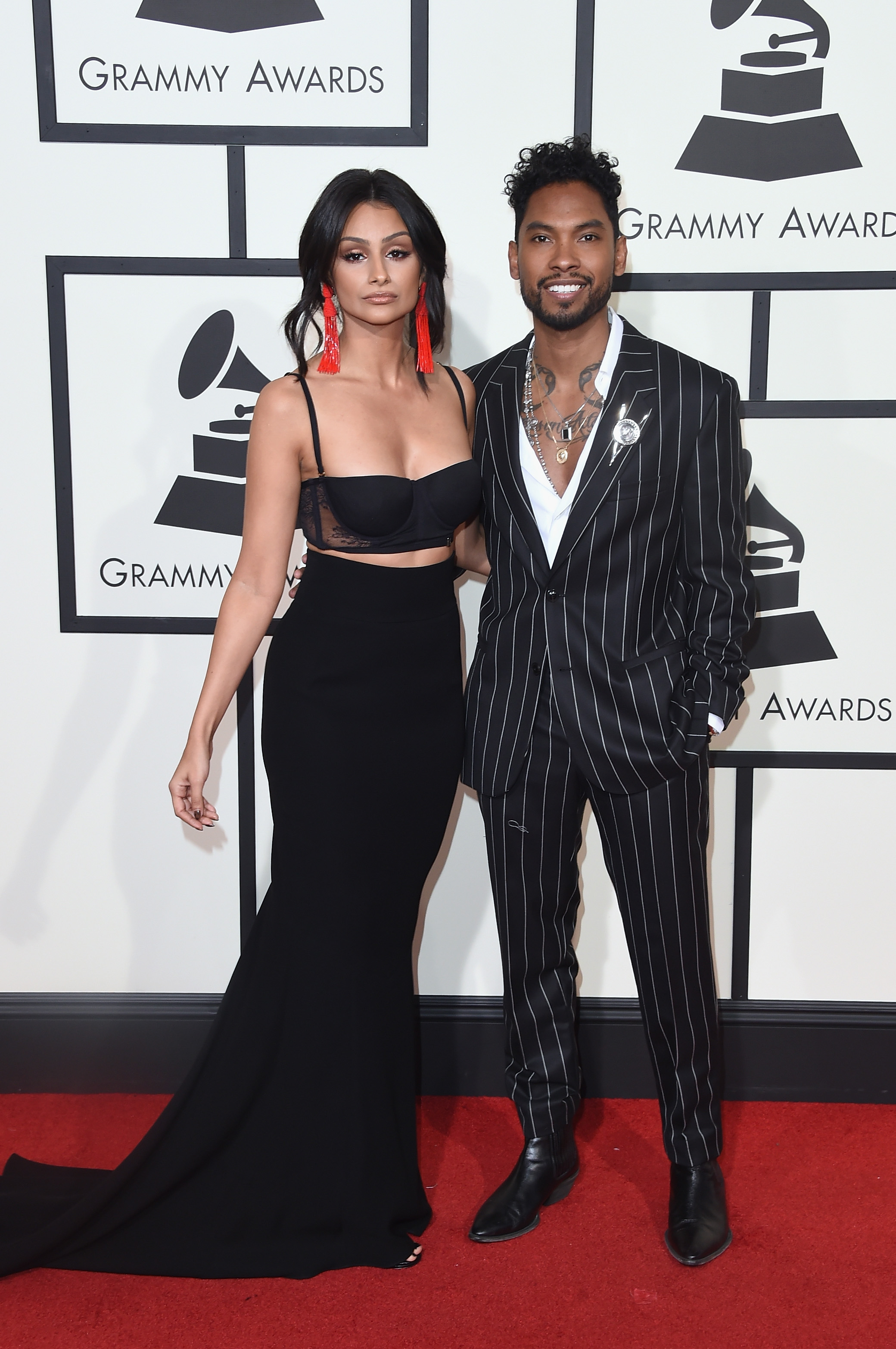
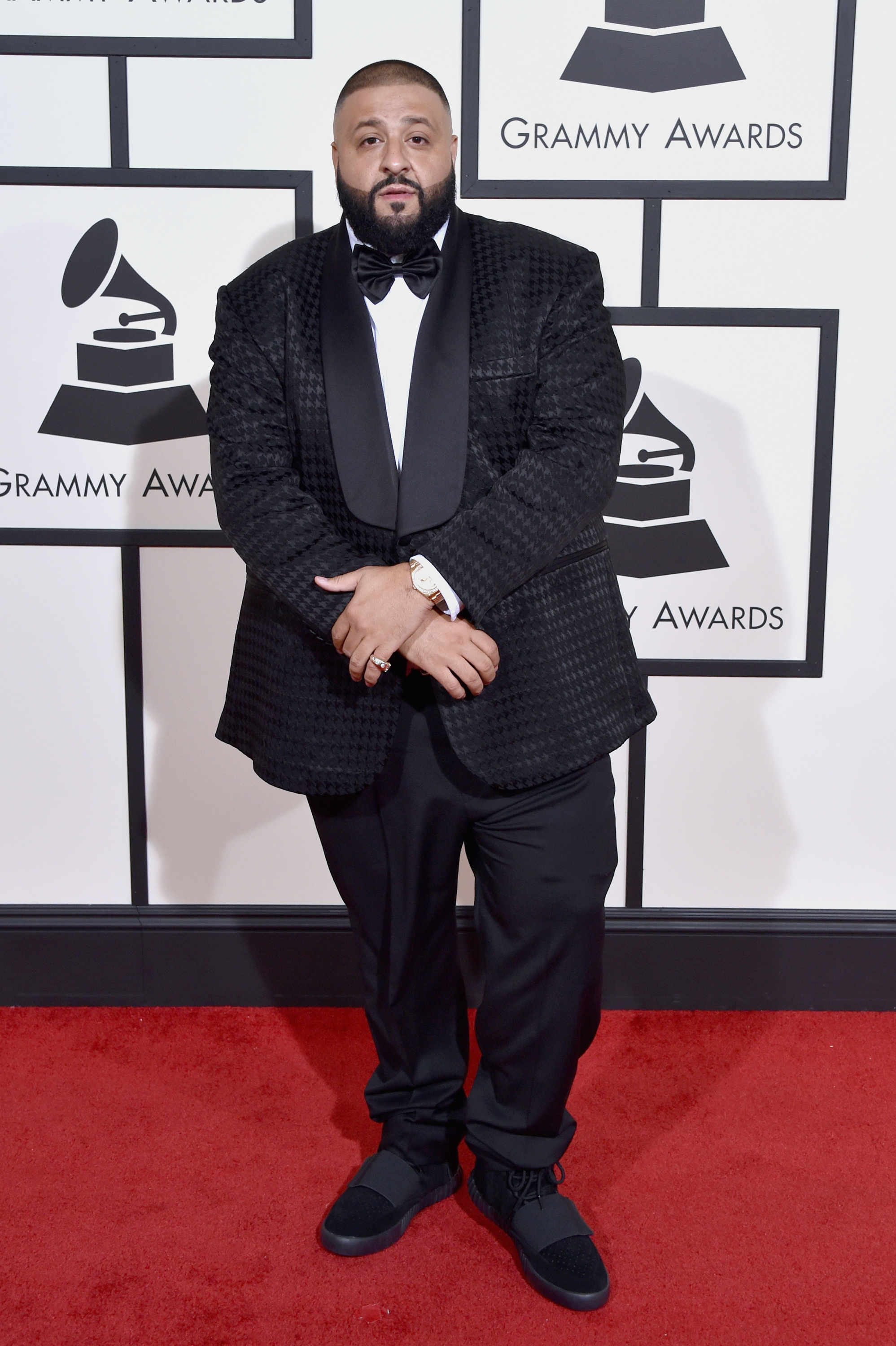
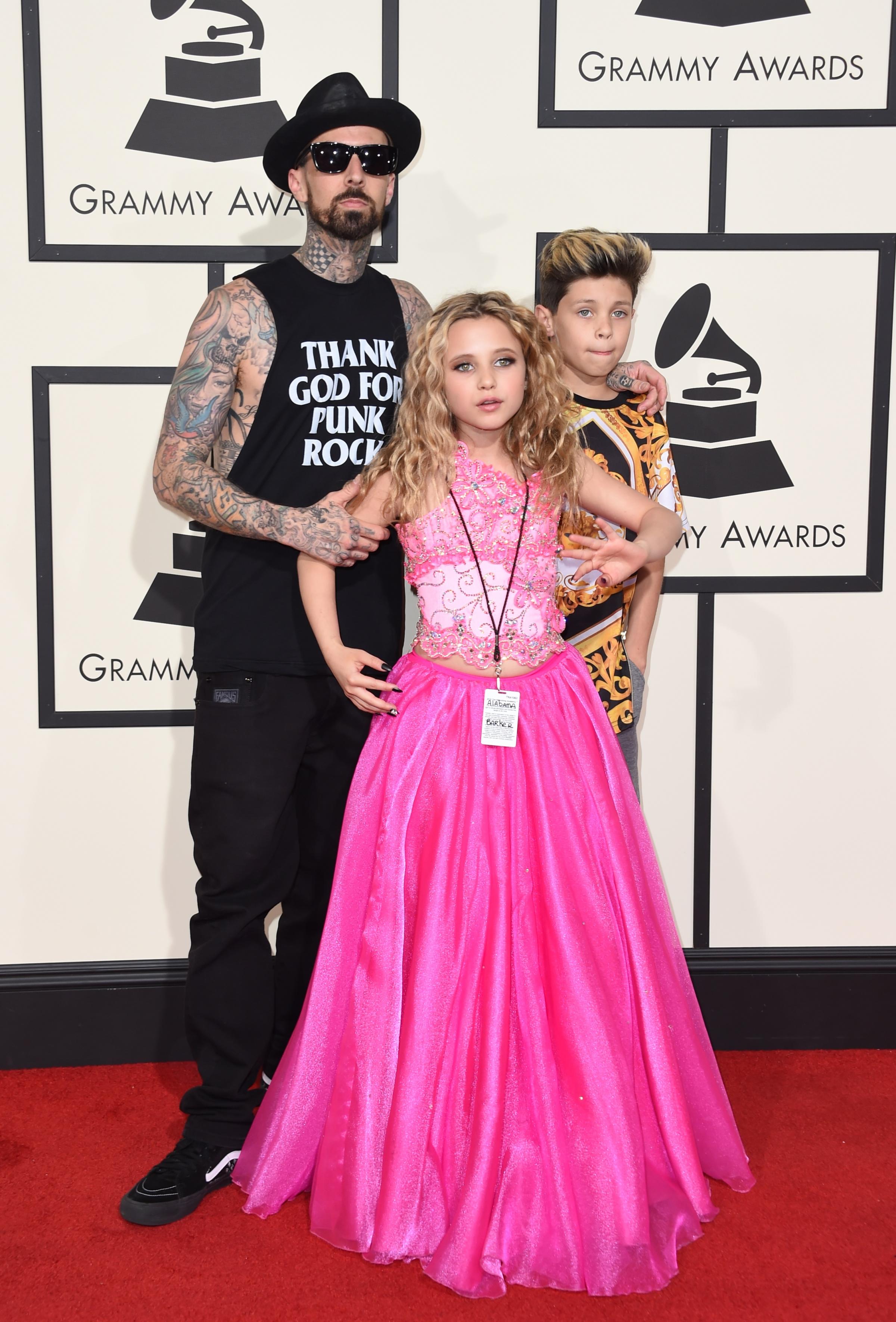
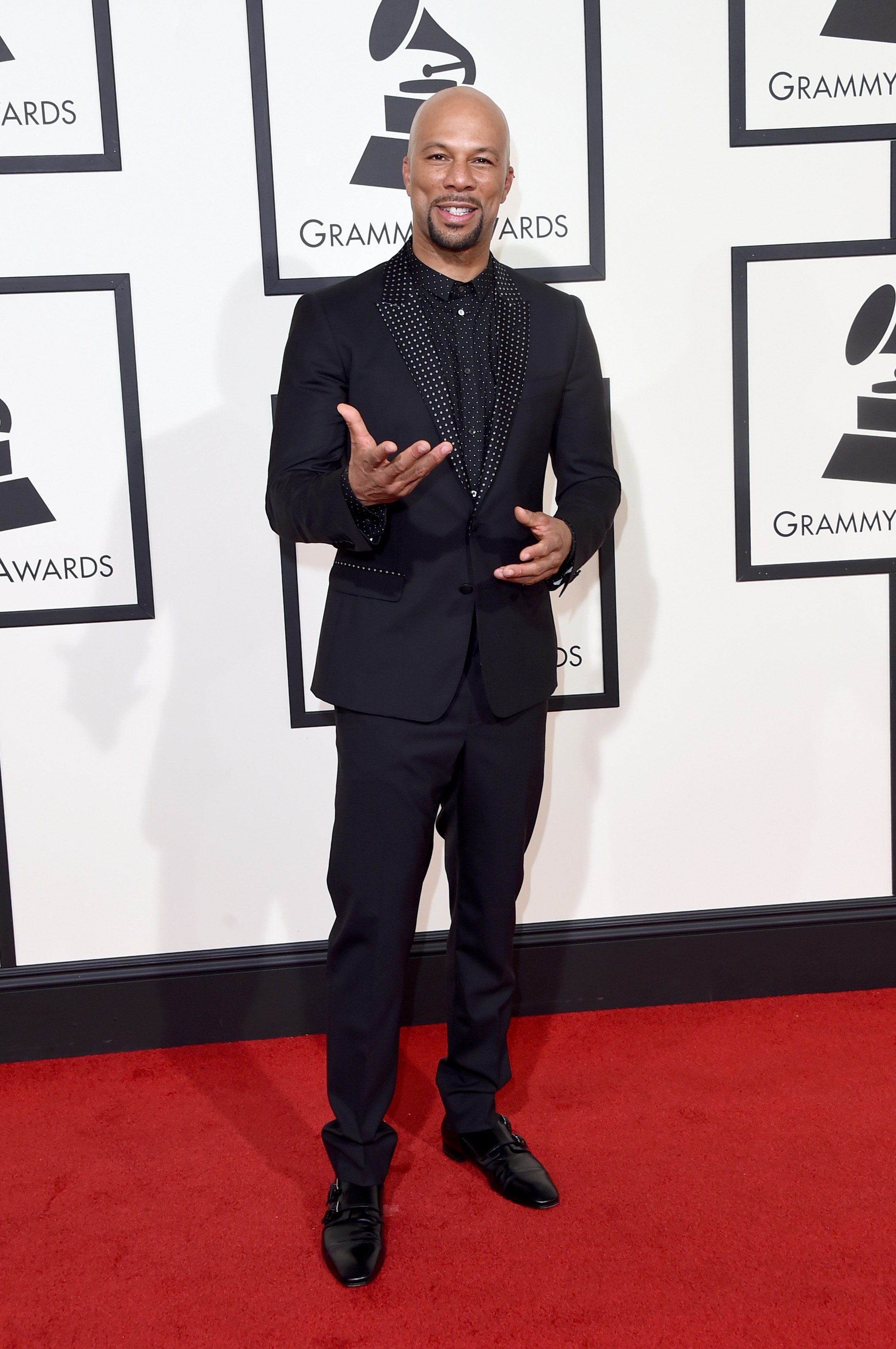
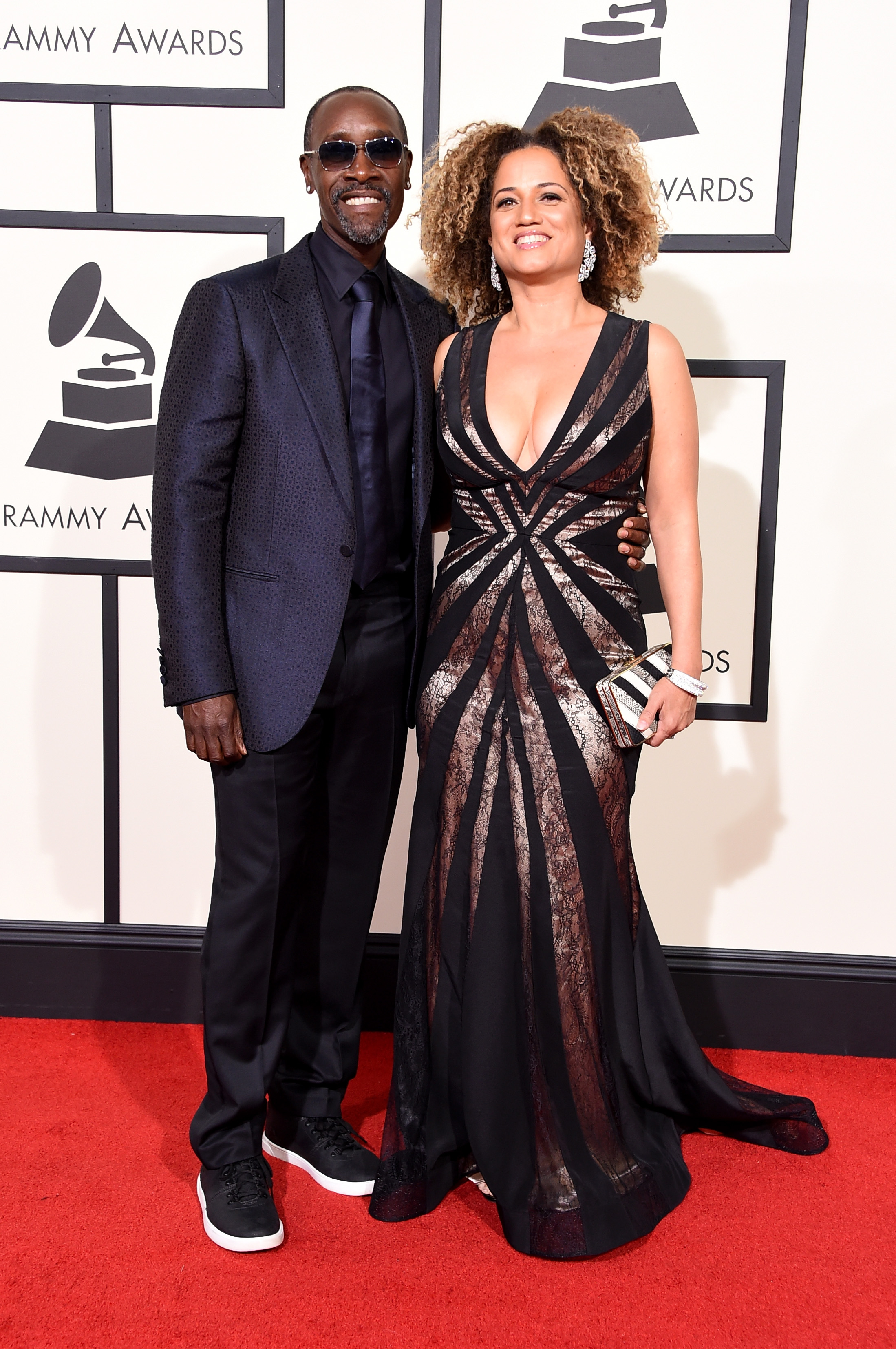
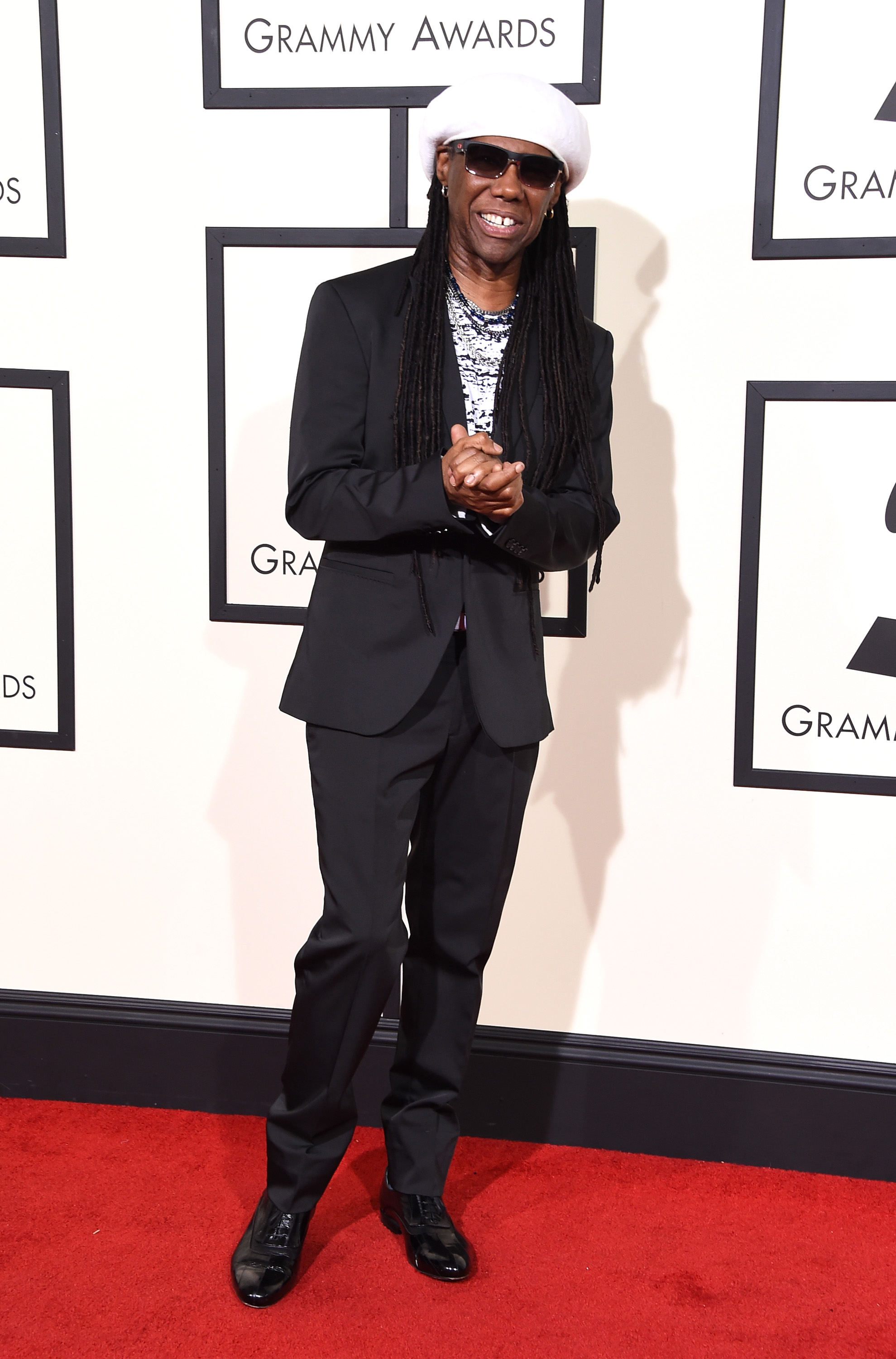
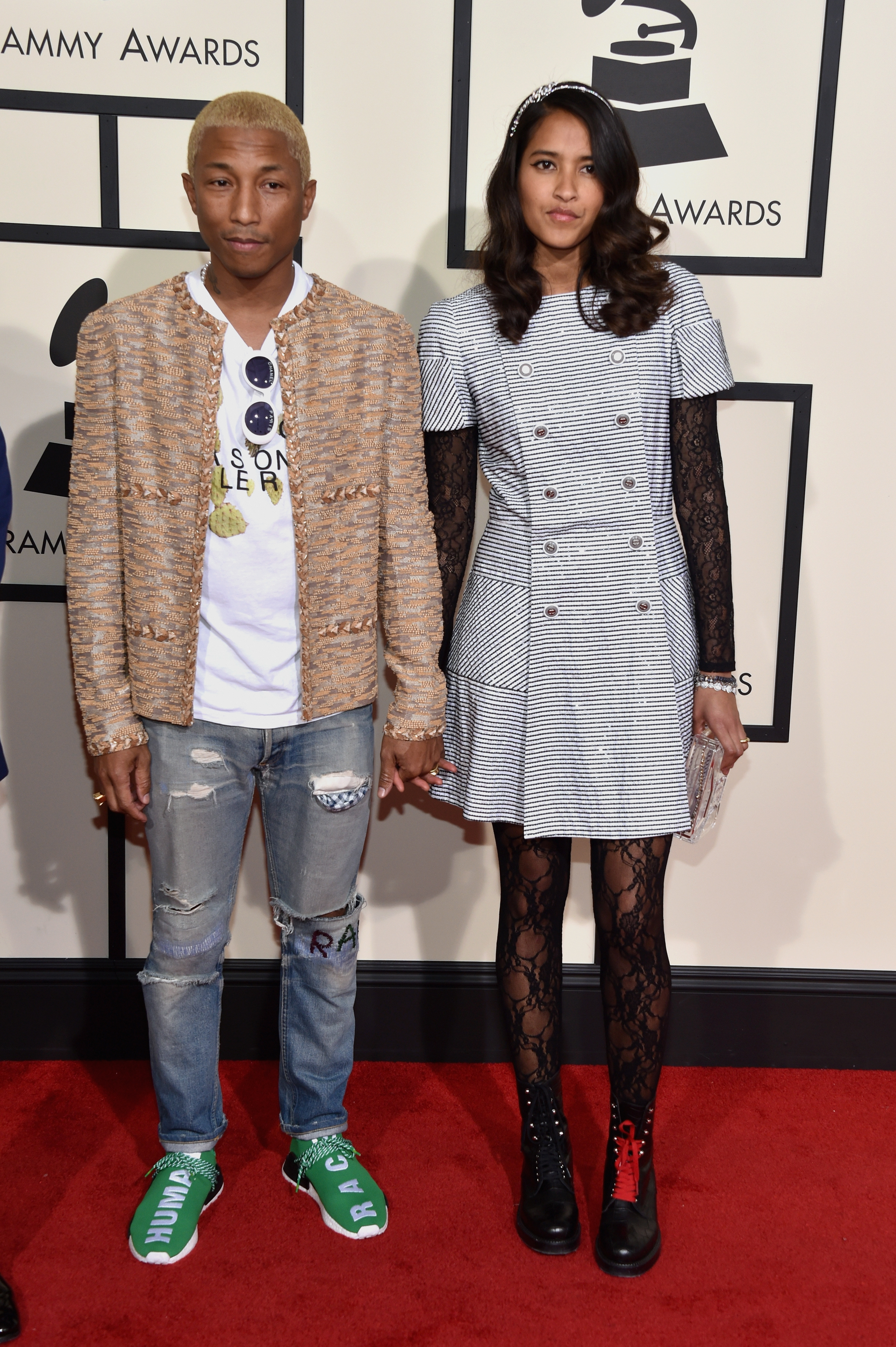
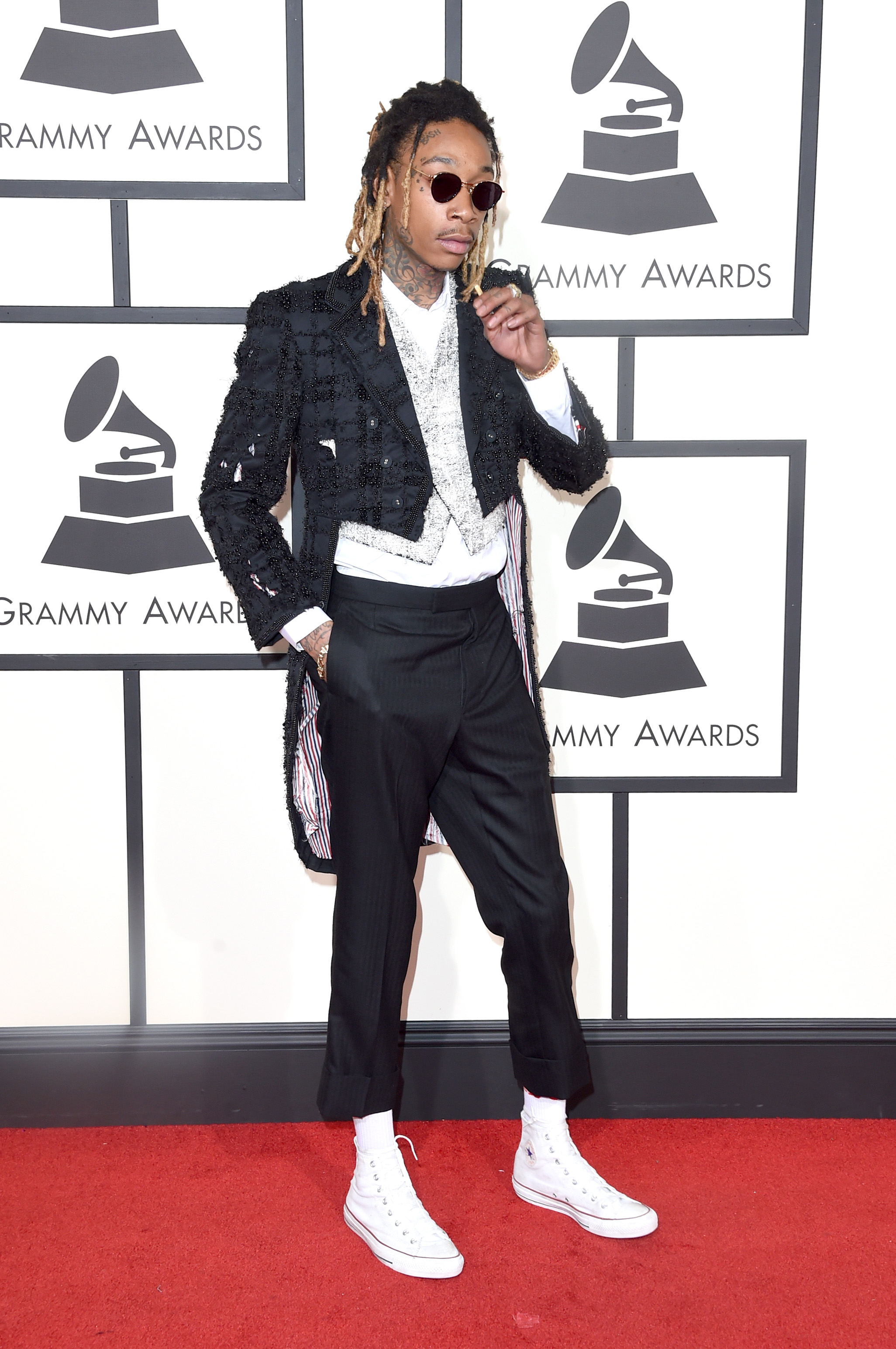
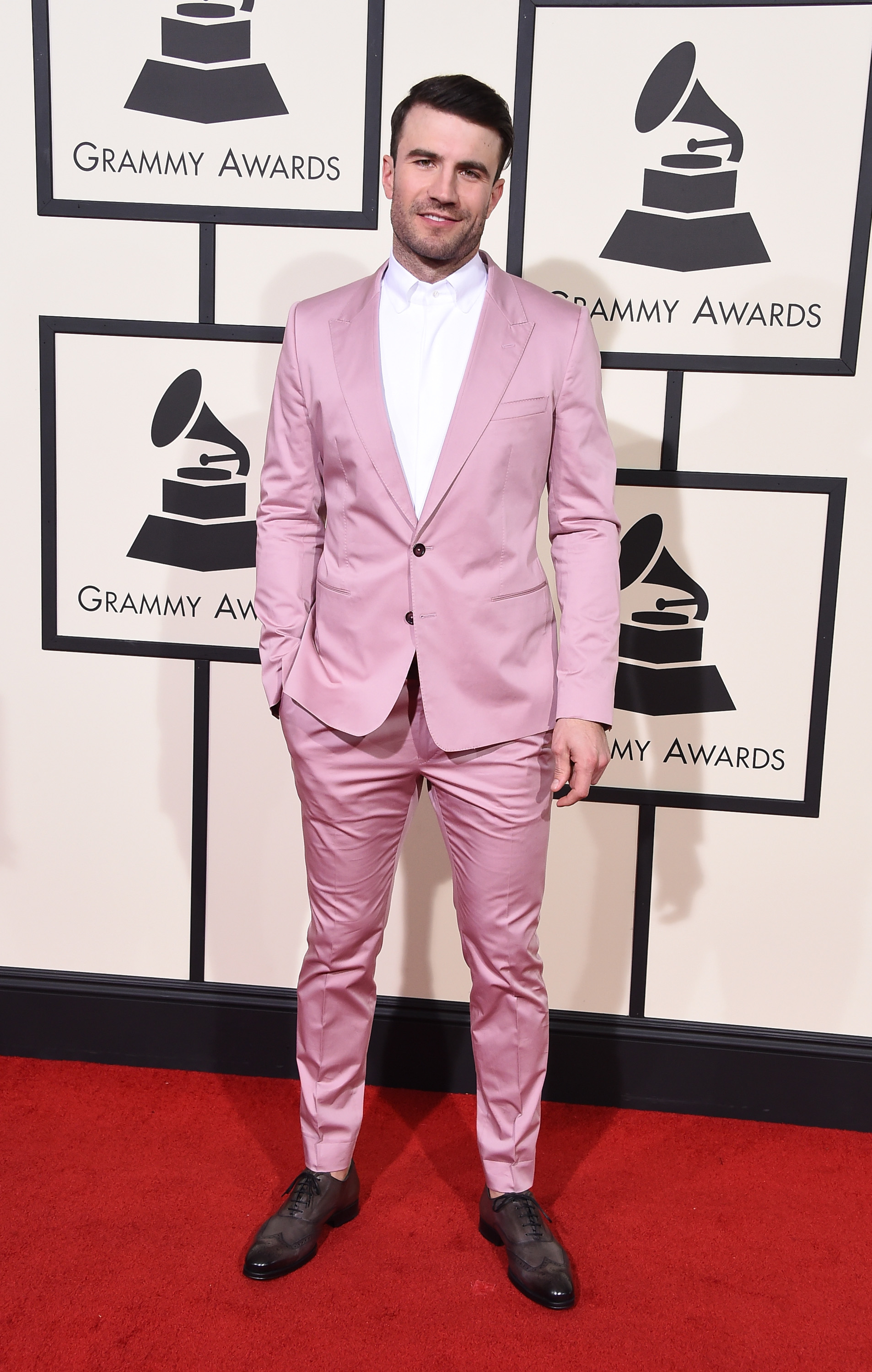
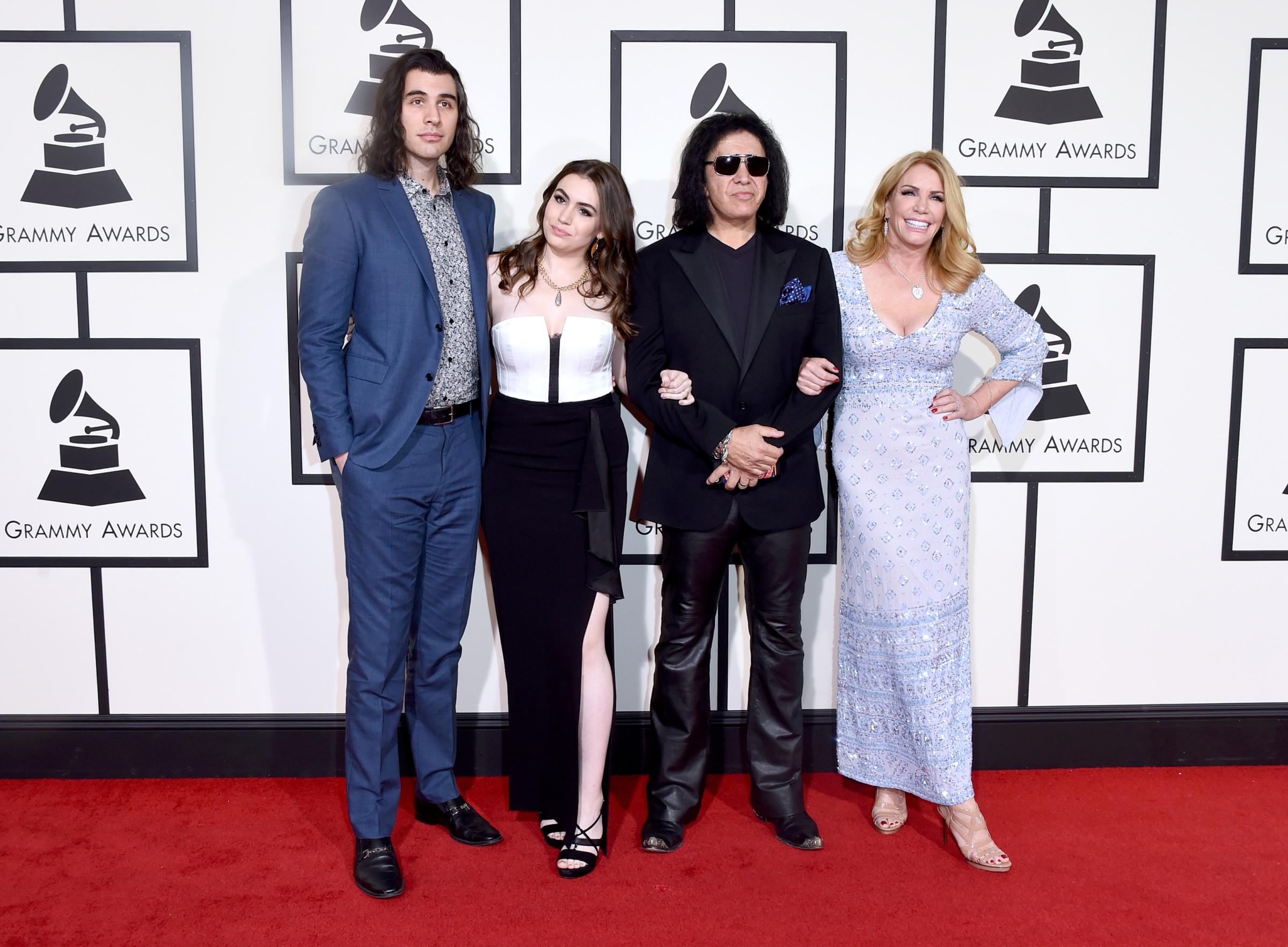
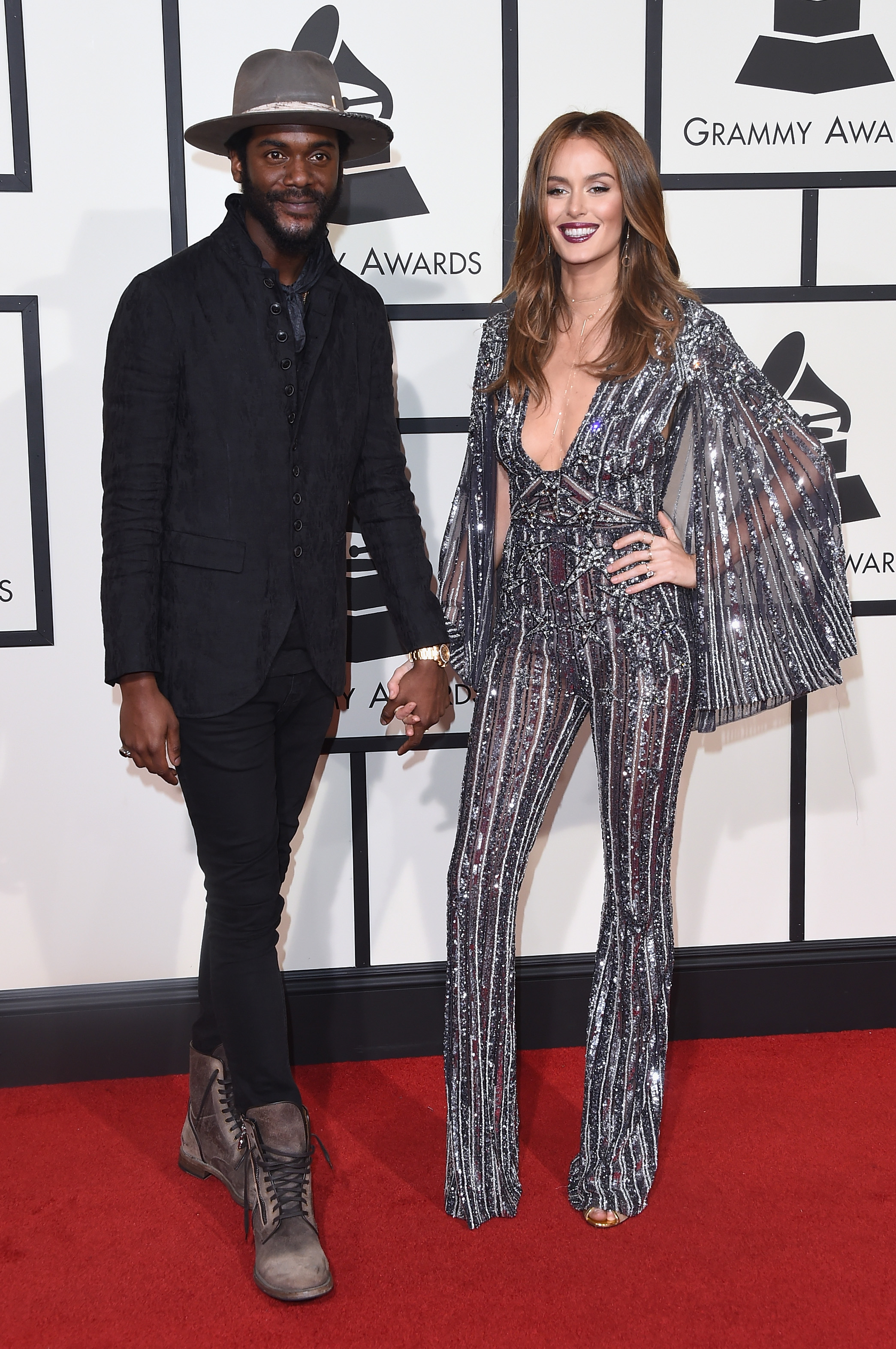
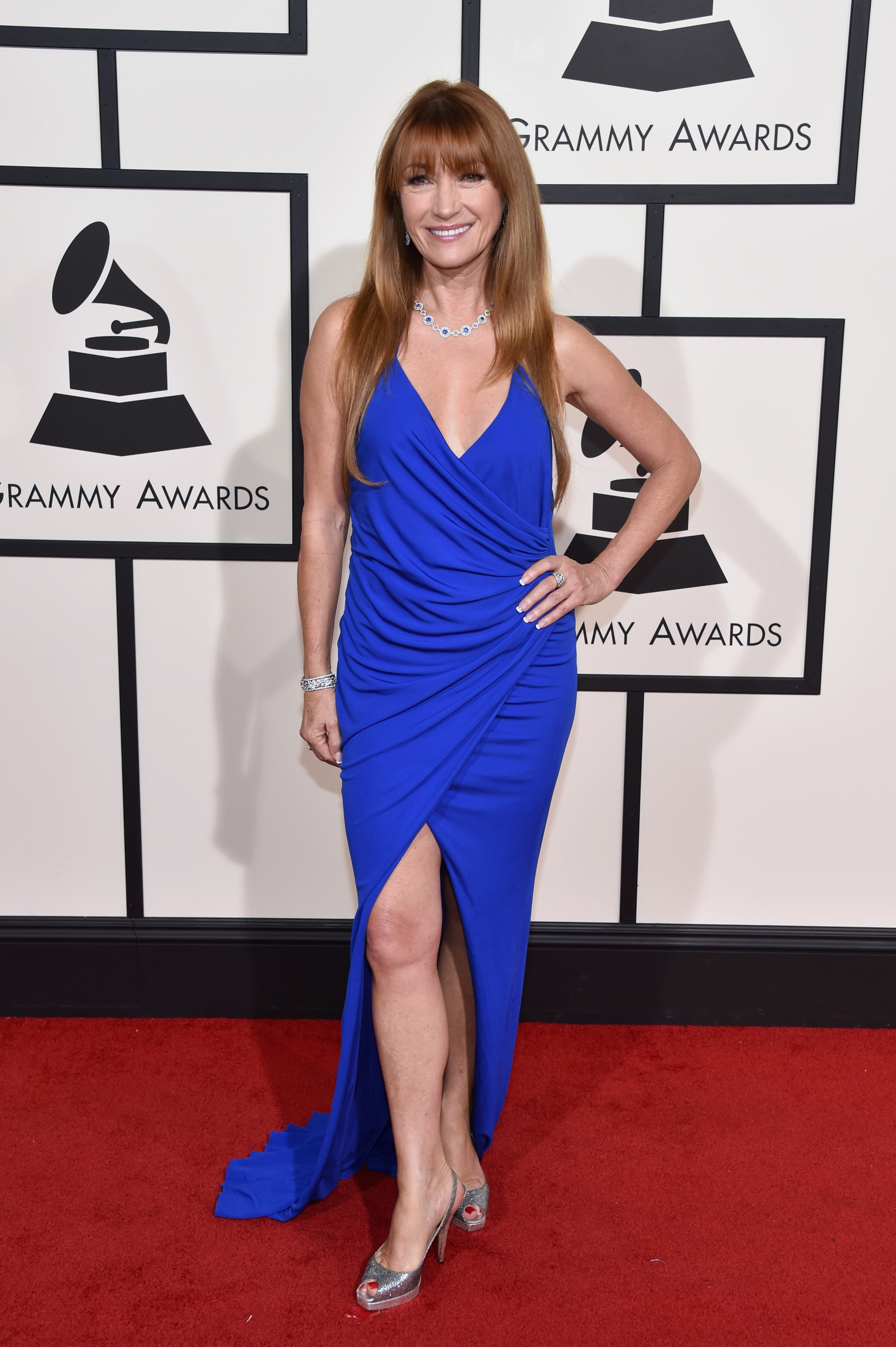
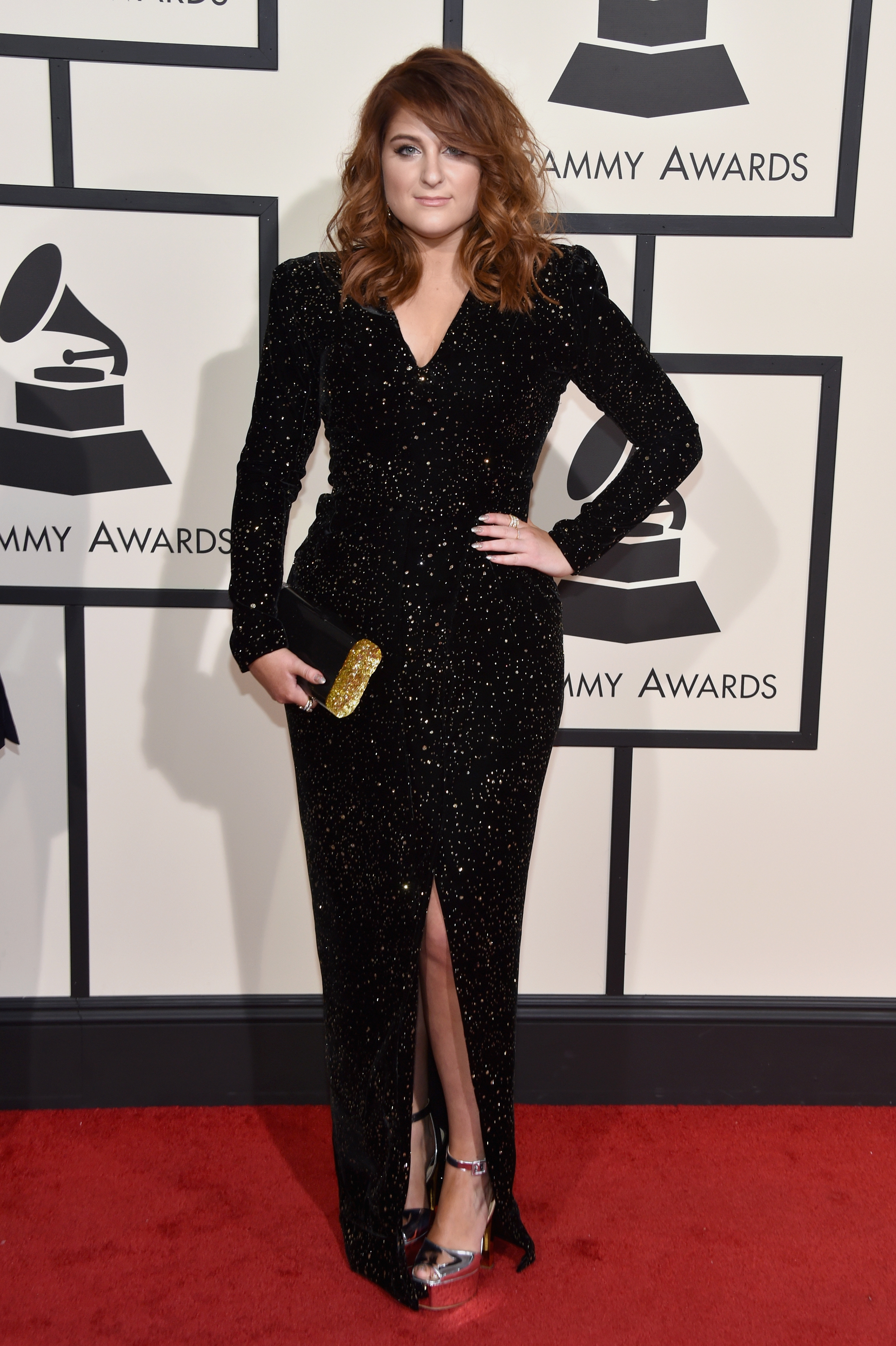
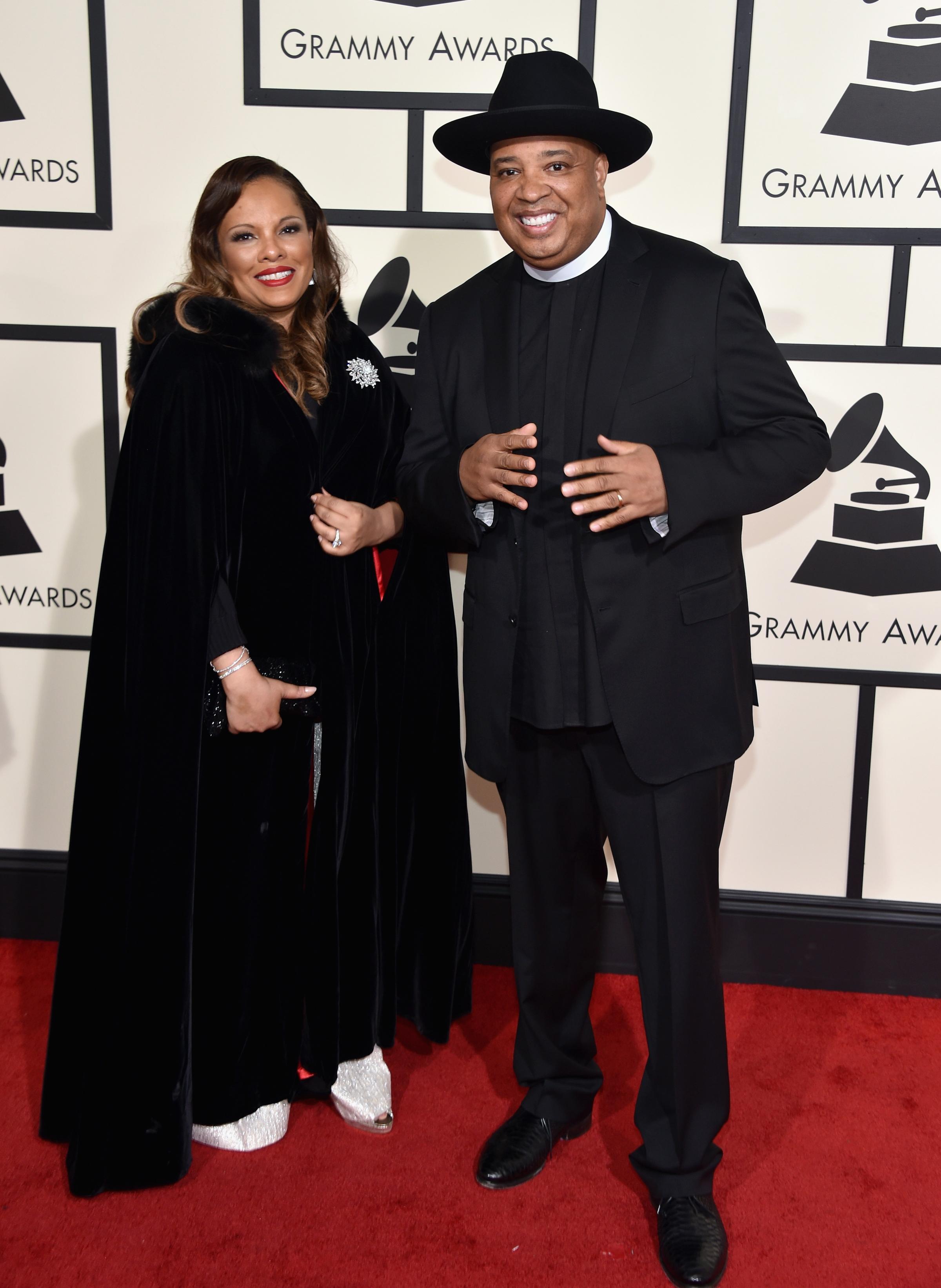
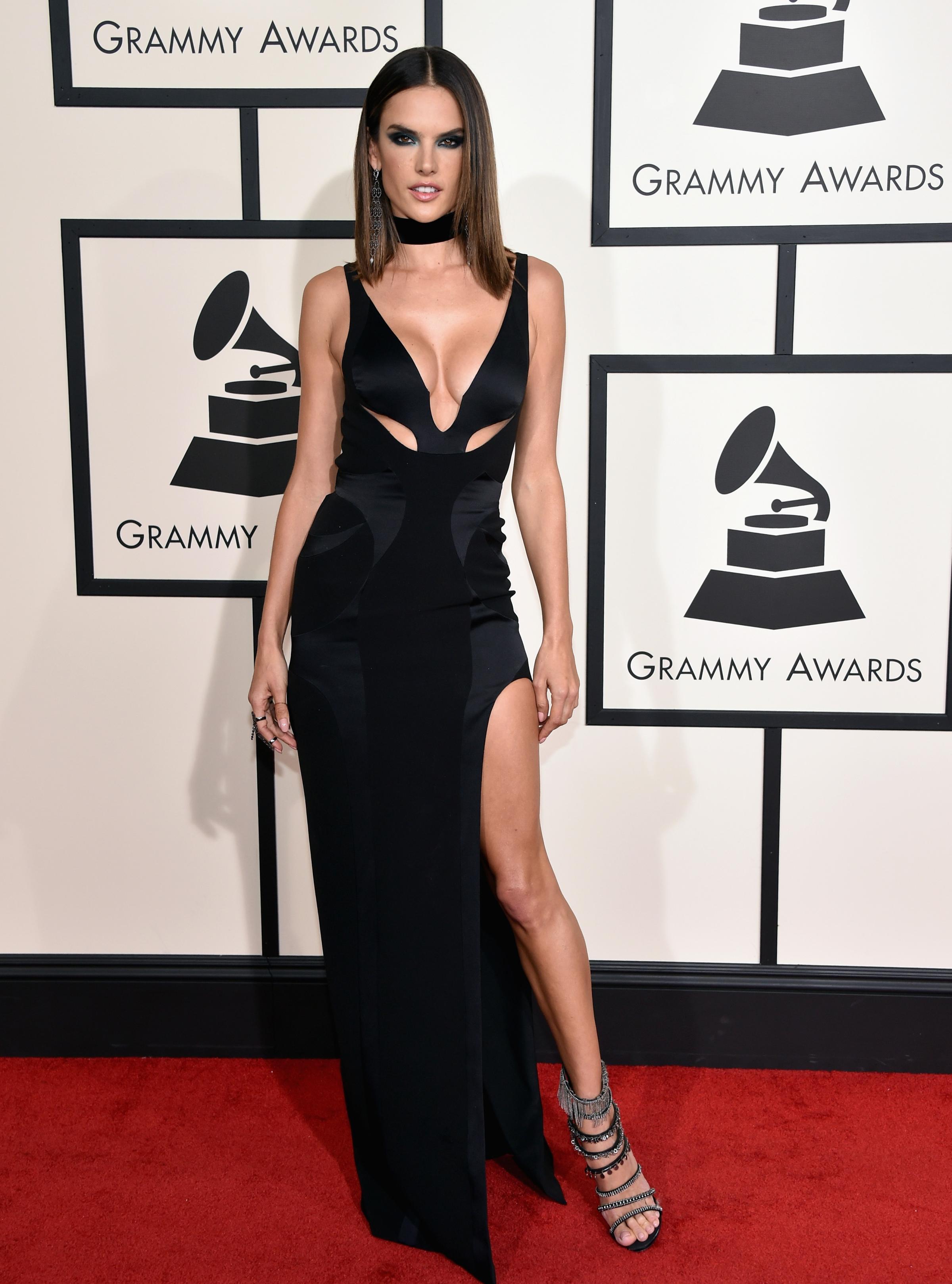
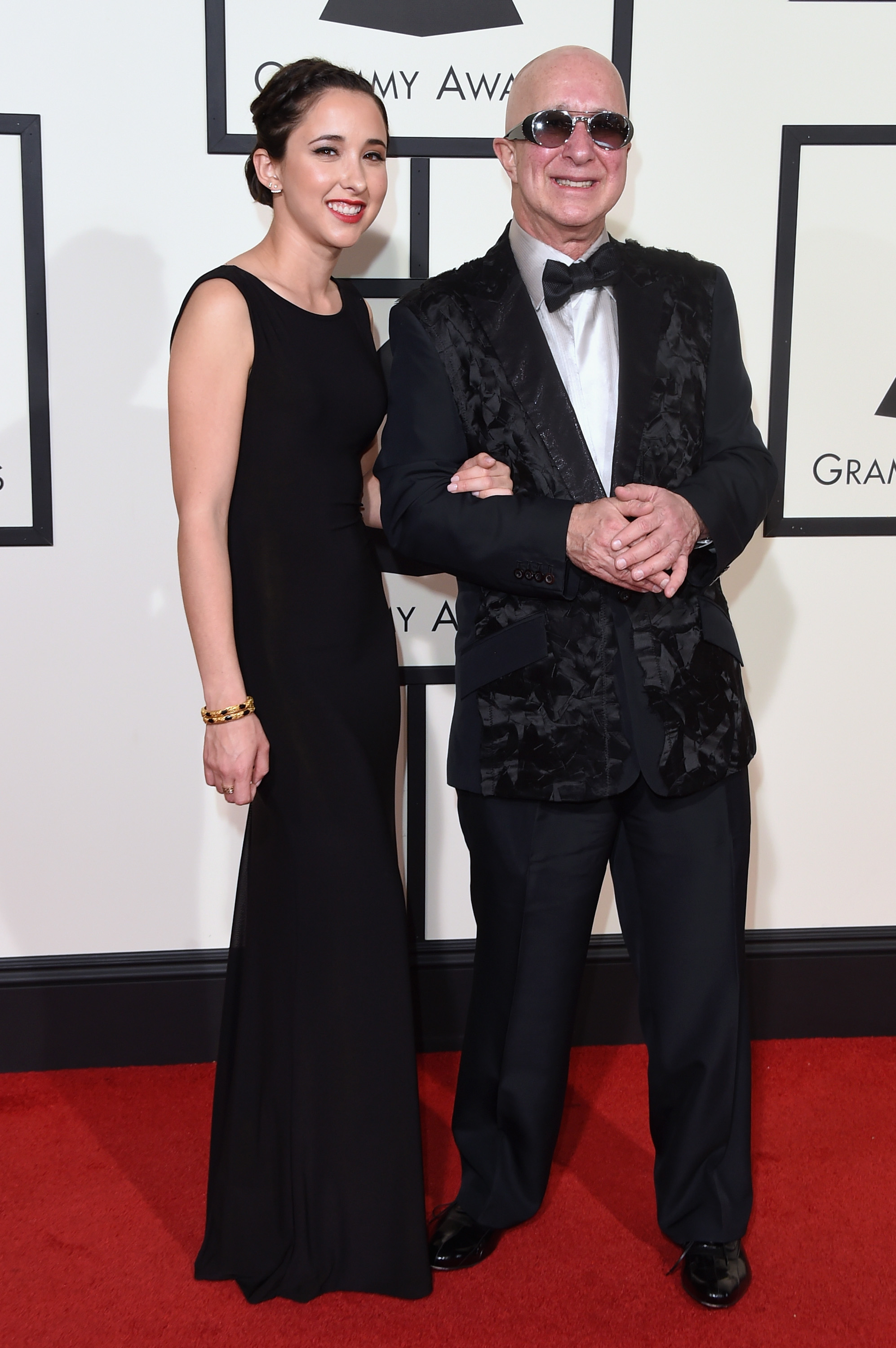
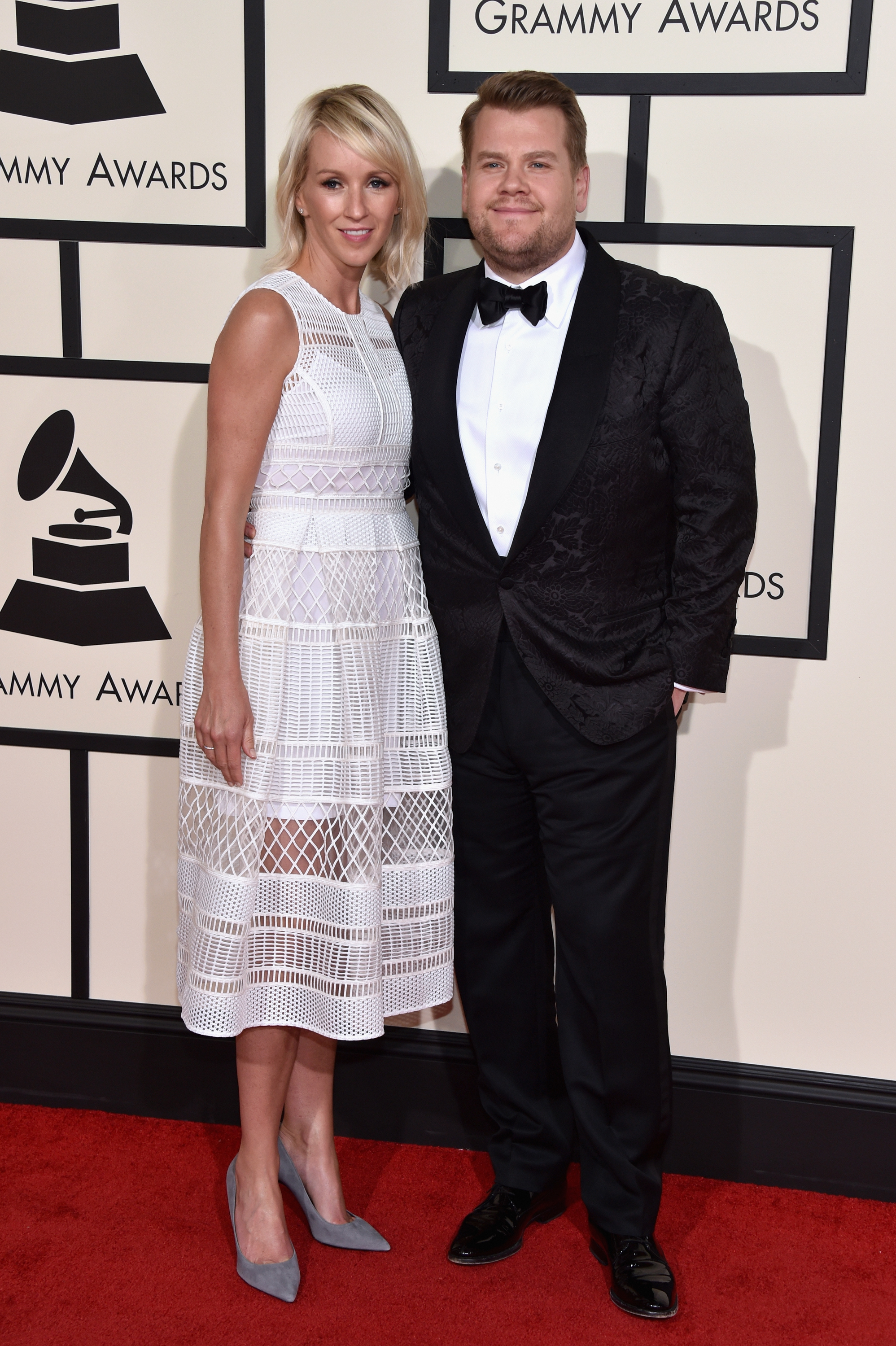
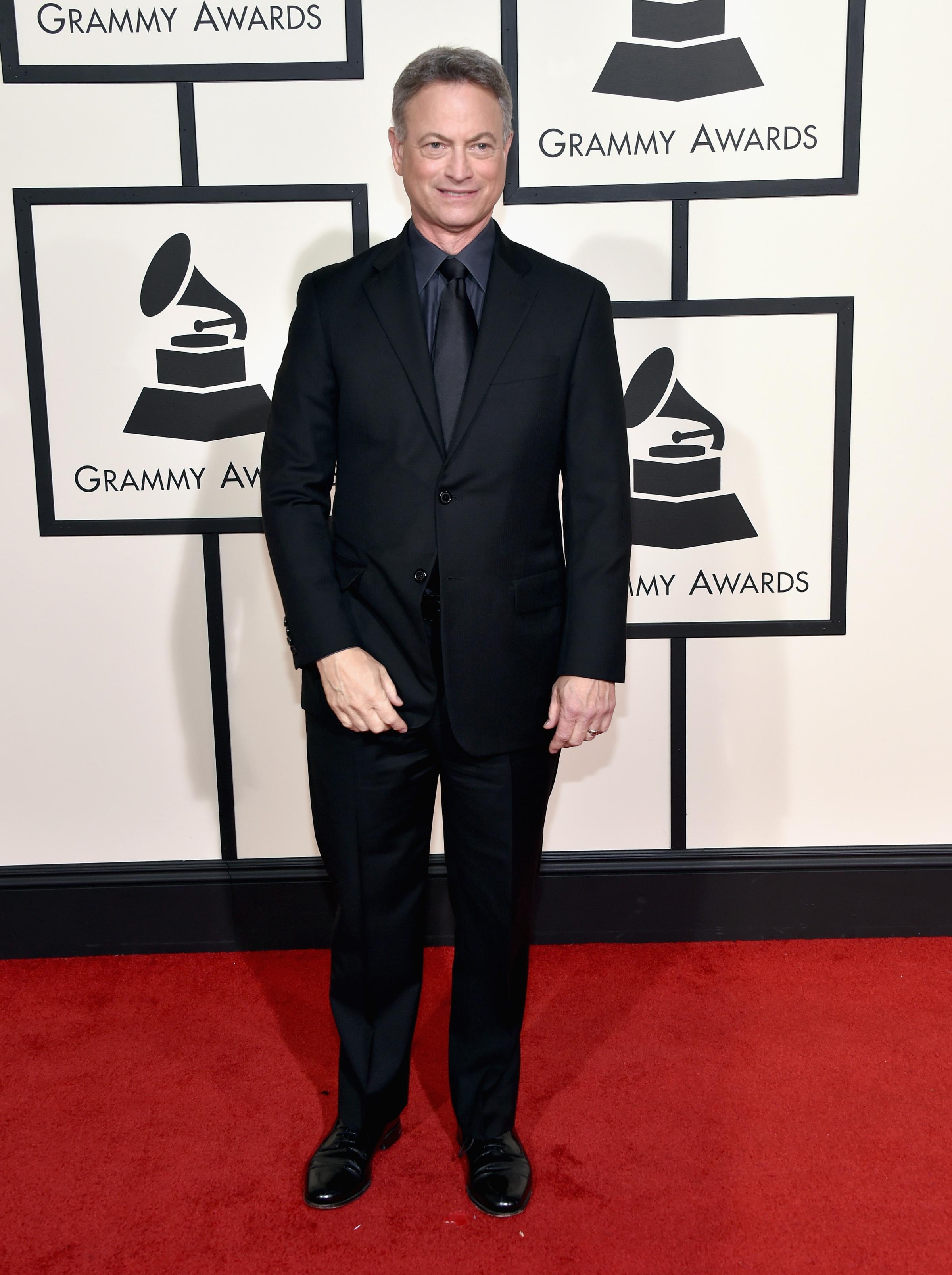
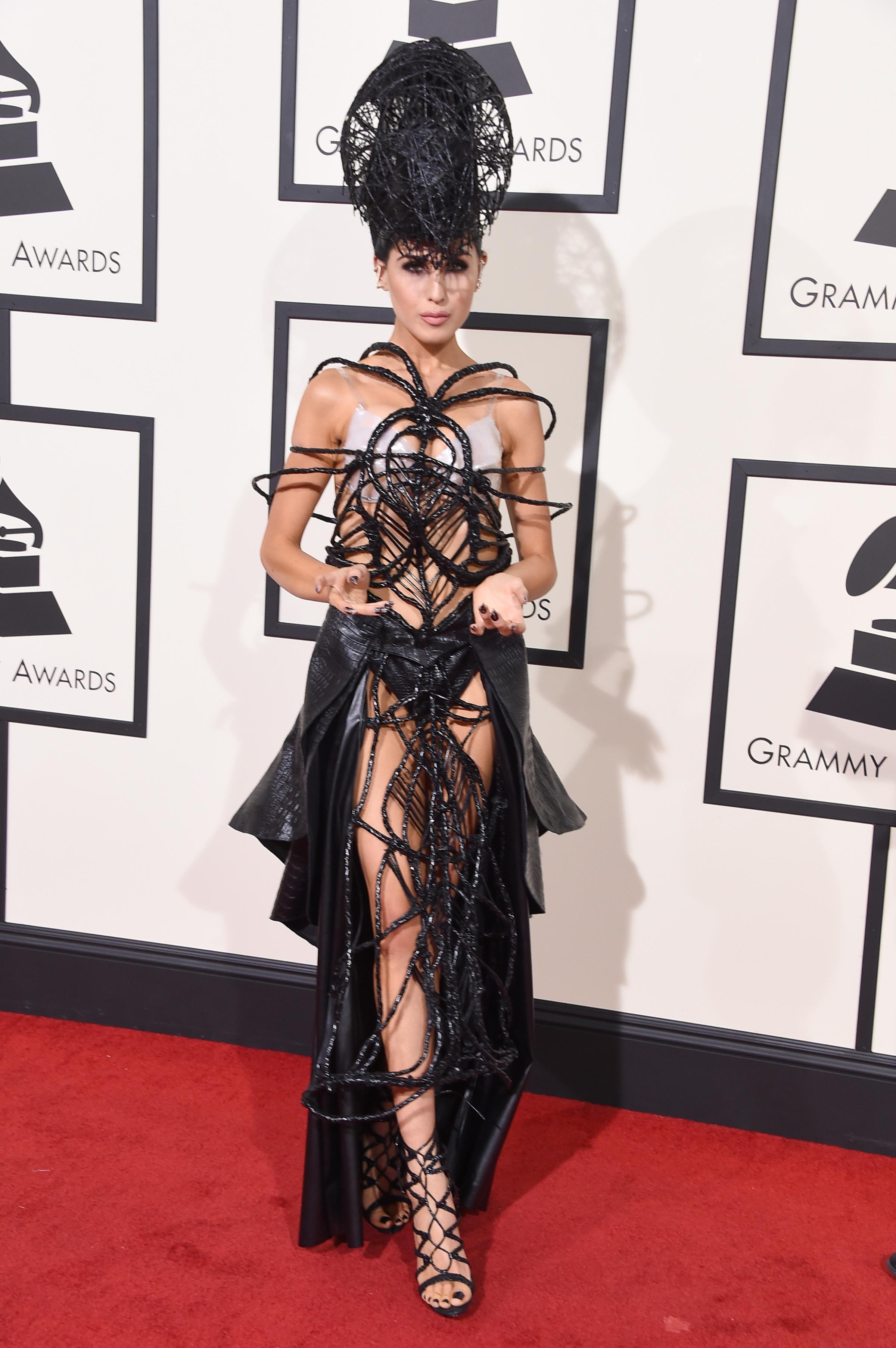
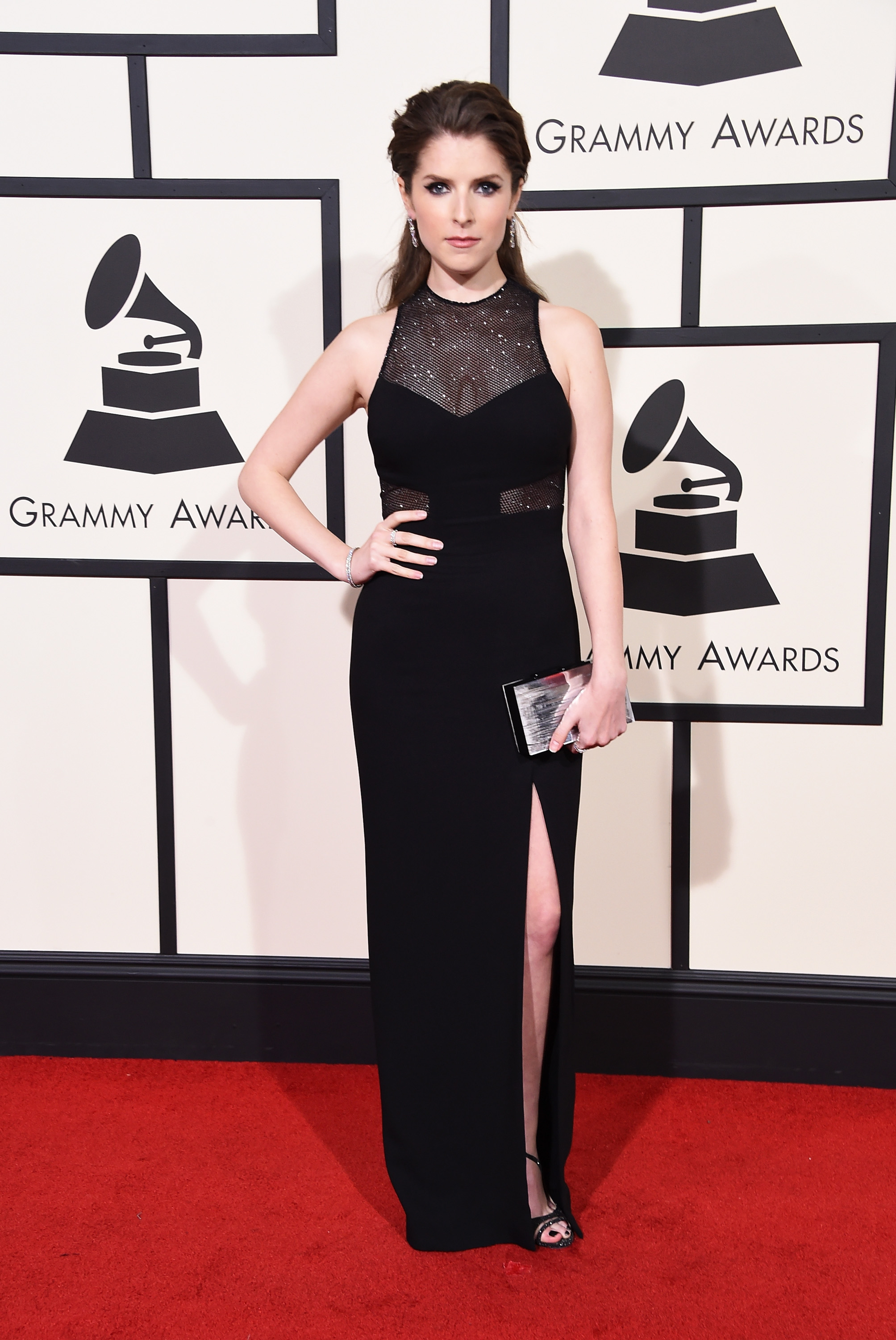
Adele’s hamstrung live turn: The first performance by Adele on the telecast since her 2012 wins for Album and Record of the Year should have been a triumph. Instead, she was clearly at the mercy of balky audio, with the sound seeming to drop out entirely early in her performance. Adding insult to injury, the singer was cast in a literally unflattering light, bathed in egg-yolk-yellow light that looked like a flattering spotlight from afar but that, for the bulk of her performance, served just to obscure her. If there’s one broadcast that should be able to fulfill Adele’s relatively unflashy requirements—a mic stand, simple lighting, working audio—it should be the awards show dedicated to music.
Little Big Town’s pandering: The country tune “Girl Crush” became a cause celebre when it was interpreted among country radio programmers as an anthem about homosexual love, and summarily blocked from the airwaves. That’s an offensive reaction to a song about heterosexual envy (the protagonist is obsessed with her ex-boyfriend’s new girlfriend) with a self-consciously provocative title, but the band Little Big Town’s own counter-reaction was even worse. Performing the song on a starkly lit stage with exaggerated solemnity, the band seemed to expect a prize just for being such wonderful allies, a laughably outmoded look in 2016. At least when Macklemore gave a similarly sanctimonious and self-aggrandizing performance at the Grammys with “Same Love,” the song was actually about gay people.
Lady Gaga’s tribute: Yet again, Gaga is the showstopper of a big awards show. Following her Golden Globes speech (thanks again, John Patrick Shanley) and her Super Bowl national anthem, Lady Gaga gave a heartwarming tribute to David Bowie. The “Applause” singer carried it off by being exactly as weird as the late icon, in her own way: She was less mimicking Bowie than channeling his appetite for onstage rebellion.
…and Meghan Trainor’s tribute: Trainor has nothing to feel bad about, but her booking, along with Luke Bryan, John Legend, Demi Lovato, and Tyrese Gibson, felt like a truly strange way to pay tribute to Lionel Richie. Where were artists who actually sound like Richie? Trainor’s acceptance speech, for Best New Artist, was deeply felt enough to make at least one critic feel a bit bad about treating her so harshly: Hopefully her newfound clout buys her out of any future tributes except those to the artists whom she actually owes a creative debt. (Maybe they’ll honor 1985 Best New Artist winner Cyndi Lauper in a few years?)
Missing stars: The most exhilarating performers weren’t there at all. Lauryn Hill, purported to be a part of the Weeknd’s (ultimately lackluster and overlong) performance, never appeared; she issued a statement claiming the Grammys had announced her appearance “prematurely and without approval.” Even given Hill’s erratic recent history when it comes to live appearances, the Grammys owed it to one of their most iconic stars to make it work out if they were going to announce it. Less within producers’ control were Rihanna’s vocal chords, whose poor health apparently caused the pop star to pull out of a live performance of her song “Kiss It Better” just before showtime. Too bad: The song’s astringency was exactly what an overlong and overly emotional ceremony needed.
Hamilton fever: Credit where it is due; the Grammy producers, so often confused by the seeming basics of live TV production, got this one right. The opening number of the Broadway hit was captured as dynamically as a stage number, with characters moving according to choreography arranged for reasons other than camera blocking, could ever be. And creator Lin-Manuel Miranda’s acceptance speech, shortly after, for Best Musical Theater Album, was a lot of fun. The hubbub around the show has gotten annoyingly, loud, so it was nice to drill down on exactly what all the hubbub is really about without spending $500 on a ticket.
Taylor, again: Taylor Swift is wrapping up her 1989 era, one that began with the announcement that it would be her first-ever pop album in August 2014. The age of that album was showing with her performance of “Out of the Woods” opening the show. It was an energetic enough performance of a brilliant pop tune, but one that lacked the frisson of the new: Celebrity aside, it was frankly strange that the Grammys decided to open the broadcast with a song fans heard for the first time a year and a half ago, and Swift, so often resourceful onstage, brought little more to it than an end-of-the-tour excitement that it was all almost over. Her acceptance-speech slam of Kanye West, towards the show’s conclusion, felt similarly unmotivated: She seemed duty-bound to address West’s recent reference to her in his lyrics, but it was a bit of a bummer, and cast her in the light of castigating someone else at the moment she ought to have been celebrating well-earned success.
An odd “Taxi” ride: A closing number starring Pitbull took a bizarre turn when the rapper welcomed to the stage a backup dancer dressed in an elementary school Halloween-pageant take on a “taxi”; denuded of her car costume, the dancer turned out to be Sofia Vergara of TV’s Modern Family. And all this before Robin Thicke took the stage. Say this for the wildly misbegotten number: It had nothing of the musical craft of any of the nominated albums, but it had the charming dedication to the tackiness of 1989. (The year, not the album.)
And Kendrick’s moment: The term “Grammy moment” is used pretty loosely by the show’s organizers and promoters to describe any combination of rising stars meant to somehow become more than the sum of their parts. (Sorry, Tori Kelly and James Bay: It didn’t work out this time.) But the really memorable moments that come out of the Grammys are the ones that clarify and define a star’s role on the public stage. Kendrick Lamar came away from this ceremony not only a winner of several trophies but the beneficiary of a brilliantly staged sequence, one that began in chains and culminated, exhilaratingly, with his face flickering across the screen, in a moment of production the show didn’t seem to have in it. He came out of the night the most ambitious man in music—at least for the moment.
More Must-Reads from TIME
- Donald Trump Is TIME's 2024 Person of the Year
- Why We Chose Trump as Person of the Year
- Is Intermittent Fasting Good or Bad for You?
- The 100 Must-Read Books of 2024
- The 20 Best Christmas TV Episodes
- Column: If Optimism Feels Ridiculous Now, Try Hope
- The Future of Climate Action Is Trade Policy
- Merle Bombardieri Is Helping People Make the Baby Decision
Contact us at letters@time.com